US Tightens Social Media Screening for Student Visa Applicants
 2 Min Read
2 Min Read
In a move drawing sharp criticism from immigration experts, the United States has intensified its visa vetting procedures by urging international student applicants to set their social media profiles to the public. This latest directive is expected to significantly slow visa processing times and increase scrutiny of applicants’ online presence.
Effective from 25 June 2025, applicants for F, M, and J non-immigrant visas; including students and exchange visitors will be “requested” to make their social media accounts visible to all, enabling consular officers to thoroughly assess their background prior to approving entry to the United States.
According to an internal update sent to US consulates, officers are instructed to interpret strict privacy settings as a potential red flag. Applications may be denied if social media activity reflects hostile views towards US culture, institutions, or citizens; supports designated terrorist groups; or displays anti-Semitic content, even if the applicant is not otherwise ineligible under US immigration law.
Immigration lawyers have voiced concerns over the policy’s impact. James Hollis of McEntee Law Group said he “almost feels bad” for consular staff now burdened with an overwhelming volume of digital content to review, some of it in unfamiliar languages.
“This could grind processing to a halt,” Hollis warned, predicting increased wait times for all categories of non-immigrant visas.
Since 2020, US visa applicants have already been required to submit a list of all social media handles used over the past five years.
Failure to disclose these can result in immediate visa denial and future ineligibility.
The announcement follows a temporary freeze on student visa interviews earlier this year, which only recently resumed with added layers of AI-supported social media vetting.
International education experts warn that such invasive policies could undermine the US’s appeal as a study destination. Stakeholders have called for clearer guidelines and a more balanced approach to national security and educational exchange.
Source: THE PIE NEWS
Top Stories

China and Japan Release Safety Alerts for Students Amid Growing Tensions
November 19, 2025 | By Aahana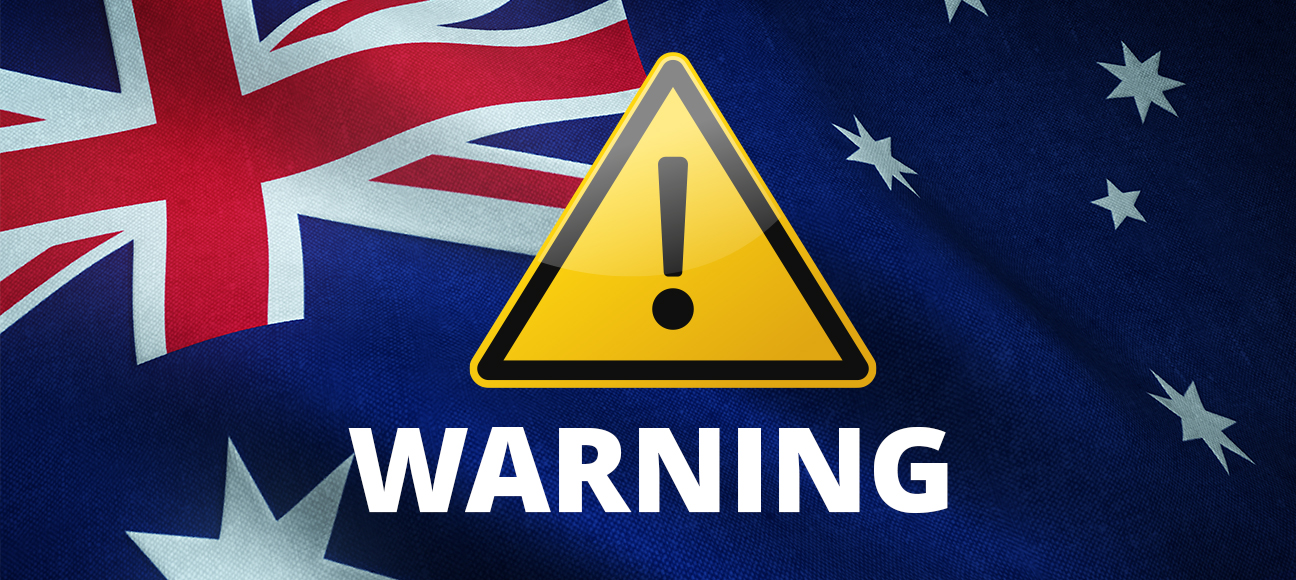
Australia Issues a Tough Warning Over Student Visa Integrity Threats
November 17, 2025 | By Henry
IELTS ‘Technical Glitch’ Sparks Global Score Chaos and Apology
November 13, 2025 | By VaidantMore Articles
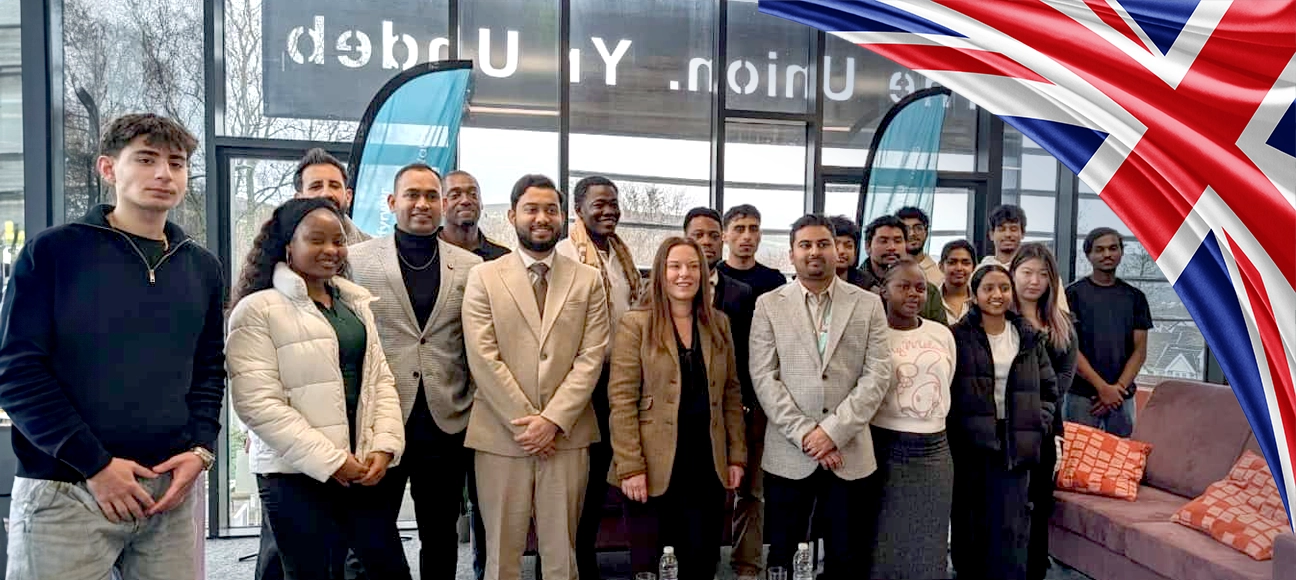
Wales Rolls Out the Welcome Mat: No Extra Tax on International Students
In a move that strongly differentiates its approach from Westminster’s, the Welsh Government has confirmed that…
By Vaidant

US Early Decision System Leaves International Students in a ‘Gamble’
The highly competitive world of US university admissions is creating an impossible bind for international students, with the…
By Neerav

Japanese Giant Snaps Up Australia’s Top Student Accommodation Provide
In a significant cross-border move cementing the global appeal of Australia’s education sector, Japanese…
By Kai
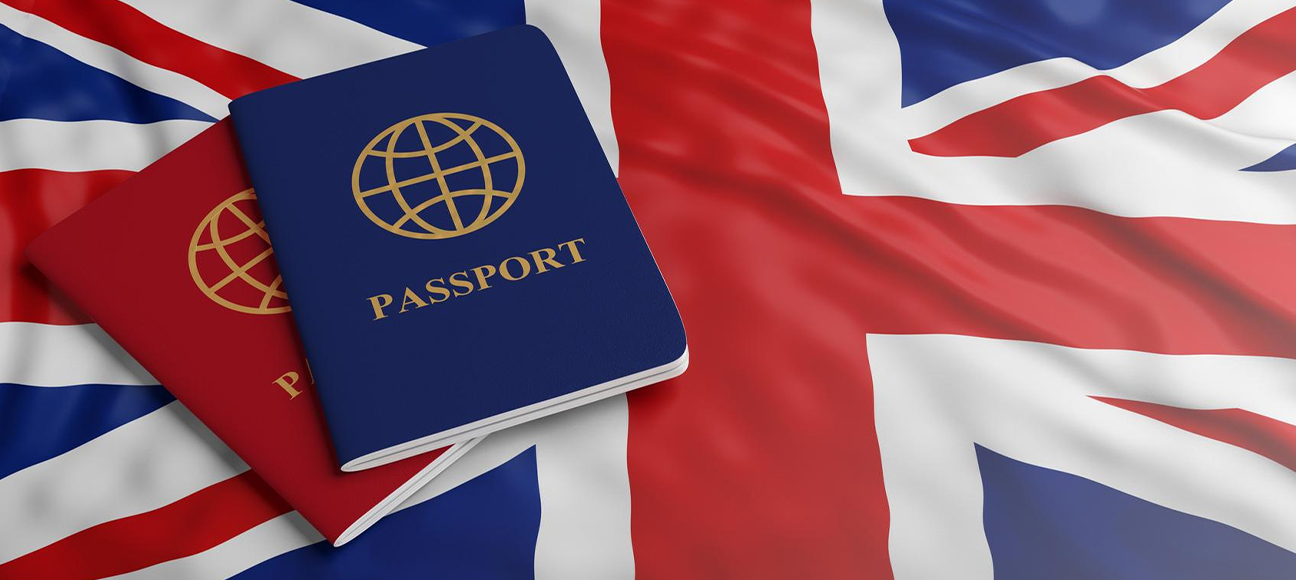
The Great Indian Student Exodus: Are Tougher UK Visa Rules Shutting the Door on Britain’s Global Talent?
The United Kingdom is witnessing a dramatic shift in its migration landscape, with Indian nationals now…
By Advay

Kiwis and Classrooms: How Foreign Students are Boosting New Zealand’s Economy by NZ$4.5 Billion
The latest figures paint an exceptionally sunny picture for New Zealand’s international education sector, which is…
By Henry
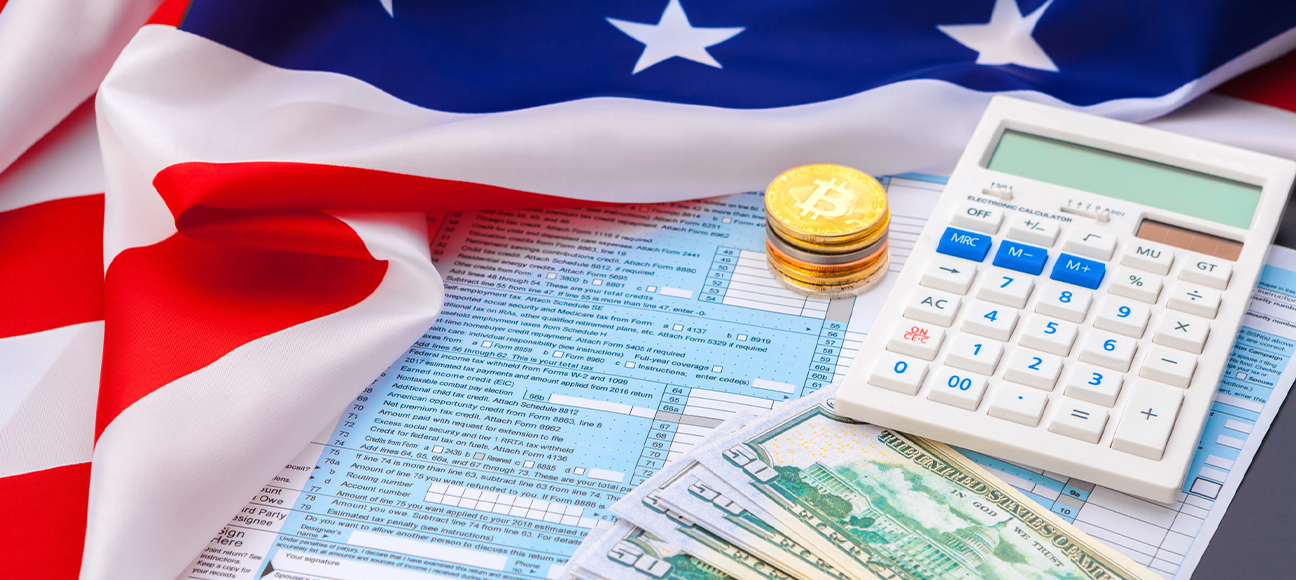
US Tax Essentials for Indian Students on F-1 and J-1 Visas
Indian students heading to the United States on F-1 (student) or J-1 (exchange visitor) visas must navigate…
By Aahana

US Bill to Double H-1B Visas: A Major Boost for Indian Students and Professionals
The landscape for Indian professionals and students seeking work in the United States could soon be…
By Ezra
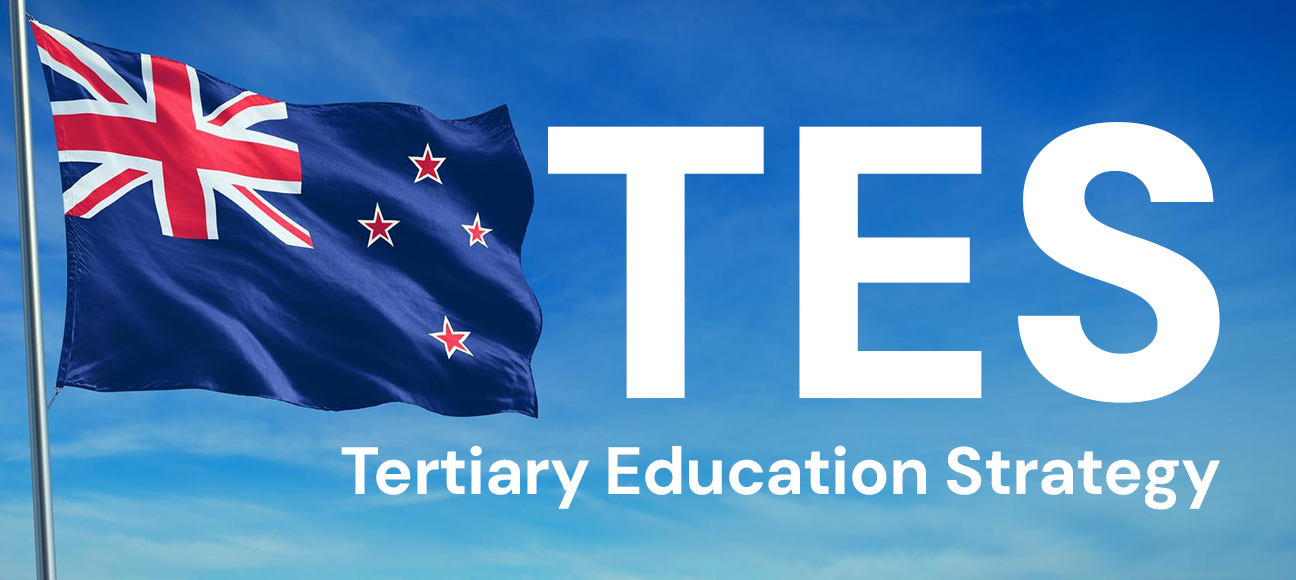
New Zealand’s Tertiary Education Strategy: A Blueprint for Future Success
New Zealand has launched its ambitious Tertiary Education Strategy (TES) for 2025–2030, a vital blueprint for equipping…
By Daniel
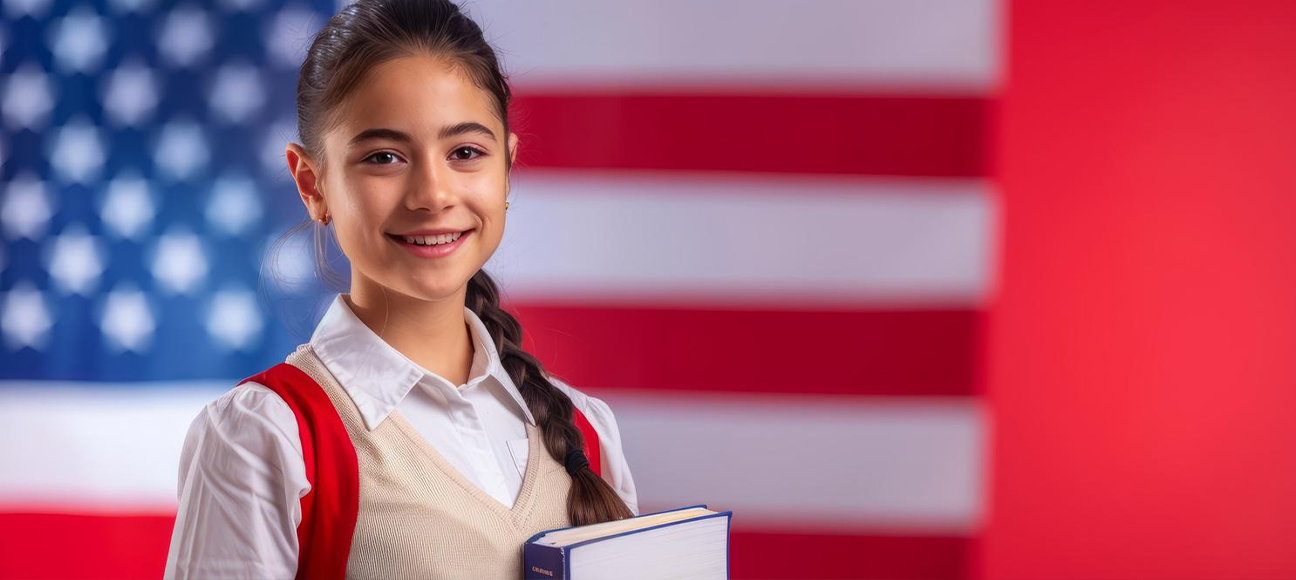
Beyond the Border: US Students Seek Safety and Stability in Foreign Education
A significant and deeply human shift is reshaping the international education landscape, as a growing…
By Siya

UK Home Office Set to Revolutionise English Testing with ‘Digital-First’ Remote Exams
The UK Home Office is pressing ahead with ambitious plans to modernise the English language testing required for many…
By Advay

Swiss Expertise to Supercharge Saudi Hospitality: A €140m Investment in Future Talent
A groundbreaking partnership, worth approximately €140million (SAR 600 million), has been forged between…
By Ezra

US Universities Face $1 Billion Hit as Overseas Student Numbers Plummet
The prestigious world of US higher education is reeling from a significant economic blow, with a sharp drop…
By Henry
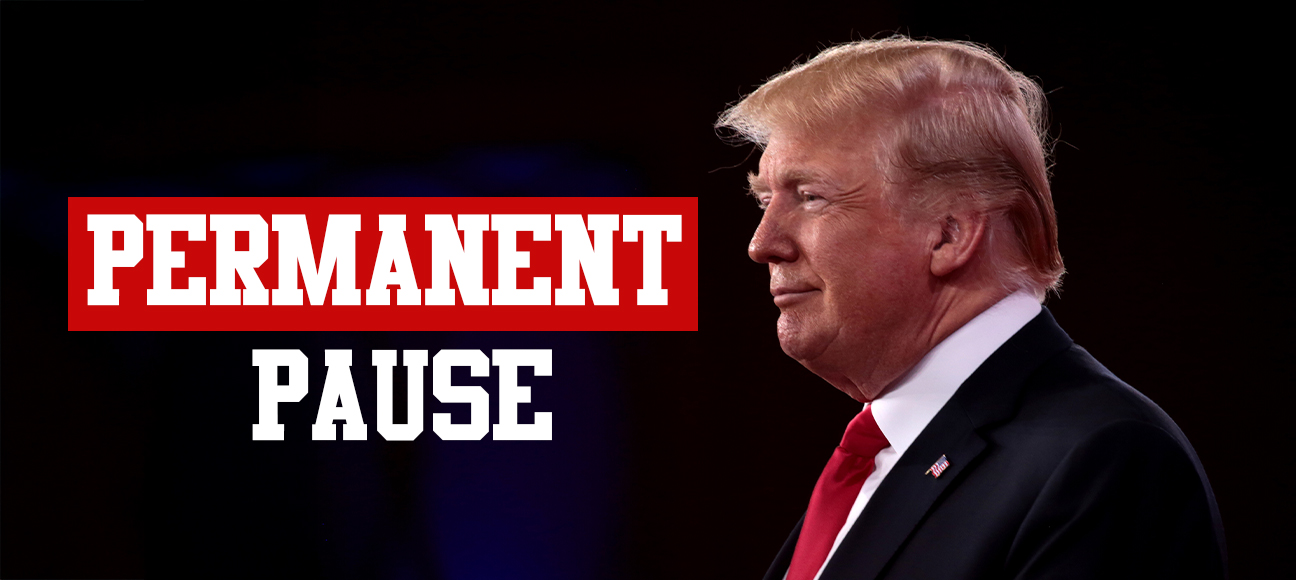
Trump Proposes Sweeping, Permanent Pause on Migration from ‘Third World Countries’
The political landscape in the United States has been shaken once more as President Donald Trump announced…
By Vaidant

Kiwi Dream: New Zealand’s Student Visa Success Rate Soars Despite Application Dip
The pursuit of an education in New Zealand appears to be smoother and more certain for international students, even as…
By Kai

Canada’s Student Cap: Sector Warns Reduced Target is Still Out of Reach
The Canadian government’s attempt to cool down its international student programme is facing a sharp reality…
By Siya
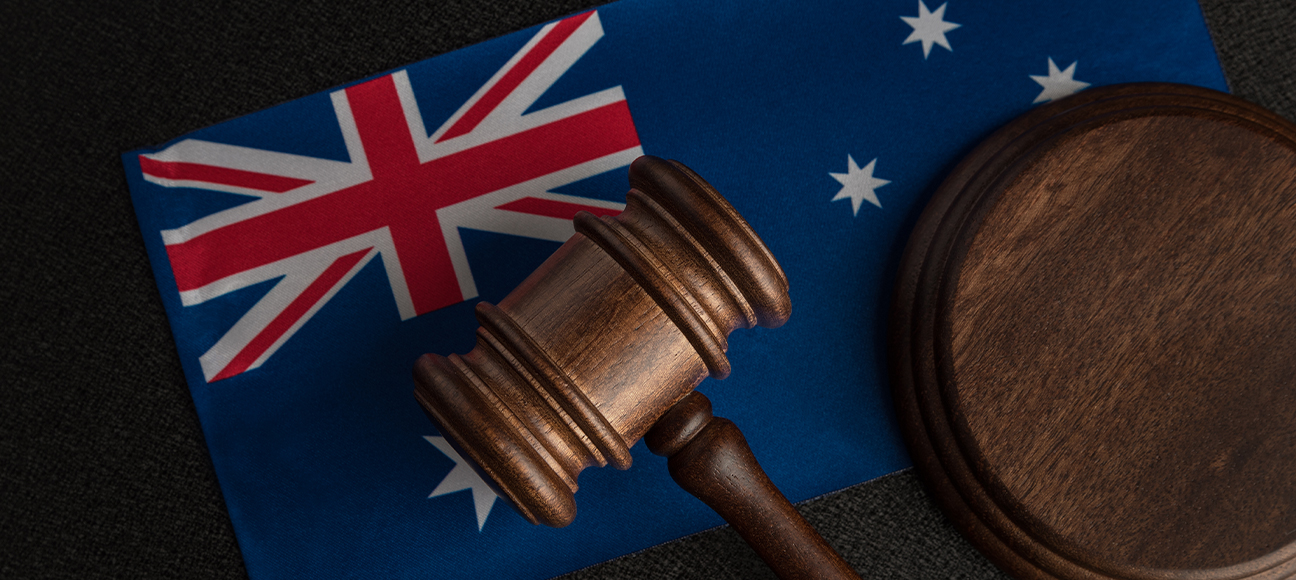
Australia Pushes Controversial Education Overhaul Through Senate
The Australian government has finally managed to push its hotly contested education reform bill through the…
By Henry
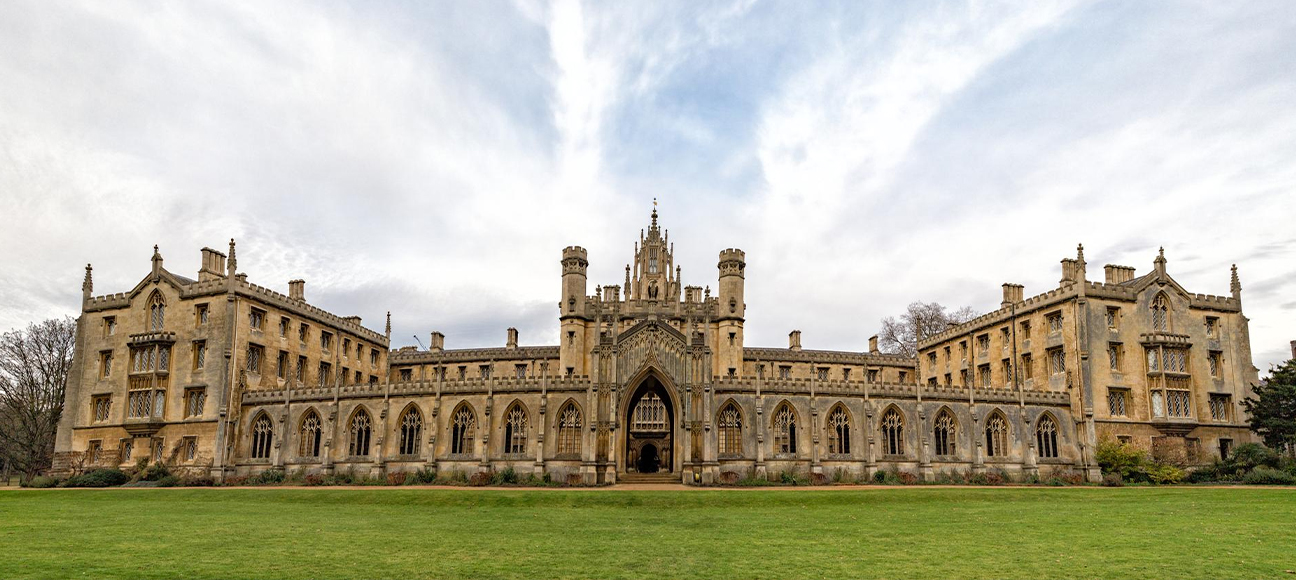
UK Universities Bracing for Impact as International Student Fee Levy Details Emerge
The introduction of a new £925 annual levy on international students attending English universities has…
By Ezra
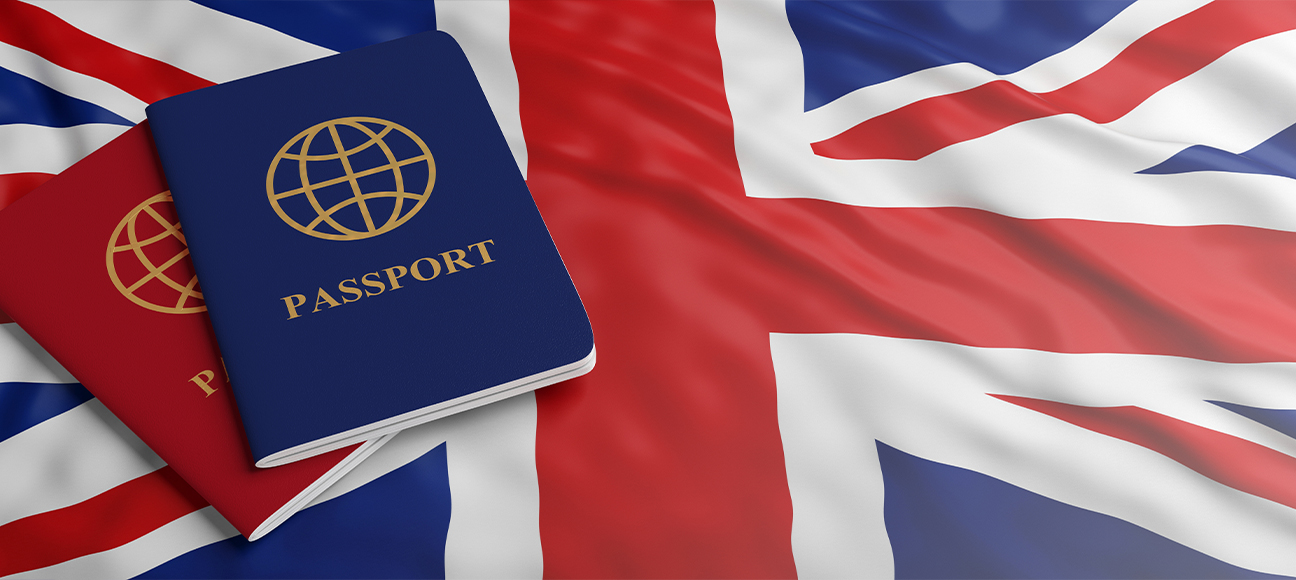
The Two Sides of UK Study Visas: Demand Holds Steady as Family Dreams Are Dented
The latest Home Office migration statistics paint a complex picture for the UK’s international…
By Daniel

UK Universities Brace for £330 Million Hit from New International Student Tax
England’s higher education sector is facing a potentially devastating financial blow, with new government plans…
By Henry

Uzbekistan’s Global Education Leap: Diplomas Gain Worldwide Recognition
Uzbekistan has marked a significant moment for its higher education sector, stepping onto the global…
By Jace

US Ambassadors Demand End to Student Visa Crackdown
A powerful cross-party group of more than 60 former US ambassadors and senior diplomats has made an urgent…
By Neerav

Malta’s English Schools: The High Cost of the Discount Habit
The sun-drenched island of Malta has long been a top destination for students from across the globe looking…
By Vaidant
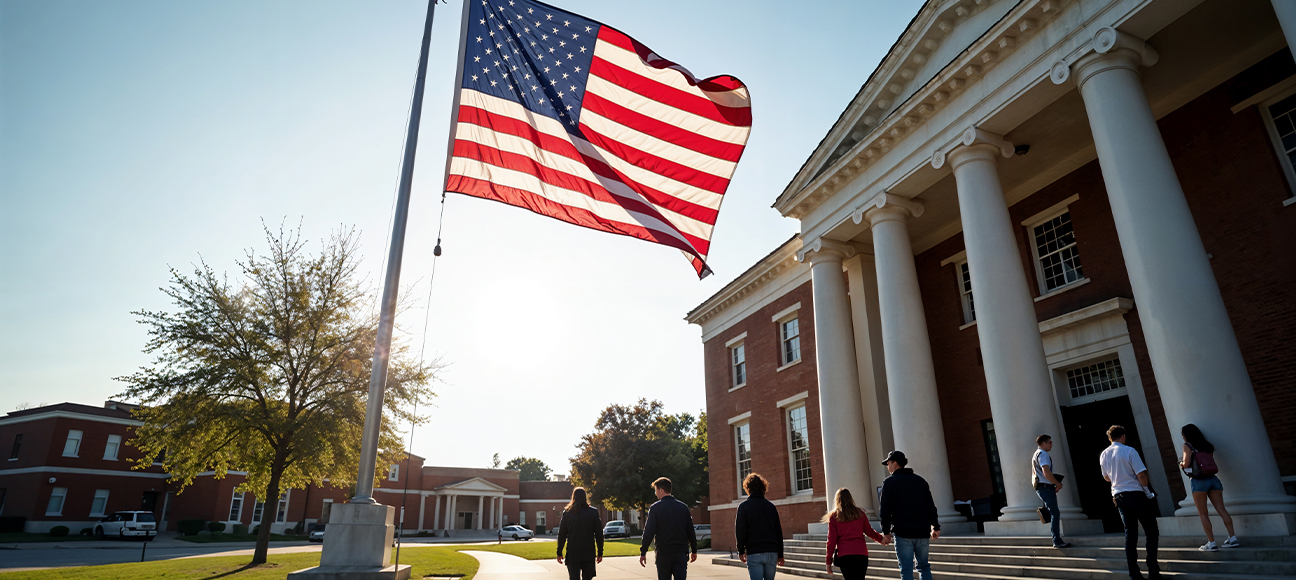
A Breath of Fresh Air for Global Students: The US Plans to Scrap the ‘Intent to Leave’ Visa Rule
For generations of aspiring international students, securing a US F-1 study visa has been a high-stakes, nerve-wracking…
By Aahana

Rethinking the ROI: Indian Students Weigh Alternatives as US Immigration Uncertainty Grows
For generations, the United States has stood as the gold standard for higher education, especially in the coveted…
By Daniel

European Campuses Overtake US as Top Choice for Indian Students
For decades, the United States has been the ultimate prize for ambitious Indian students looking to secure a world-class…
By Daniel
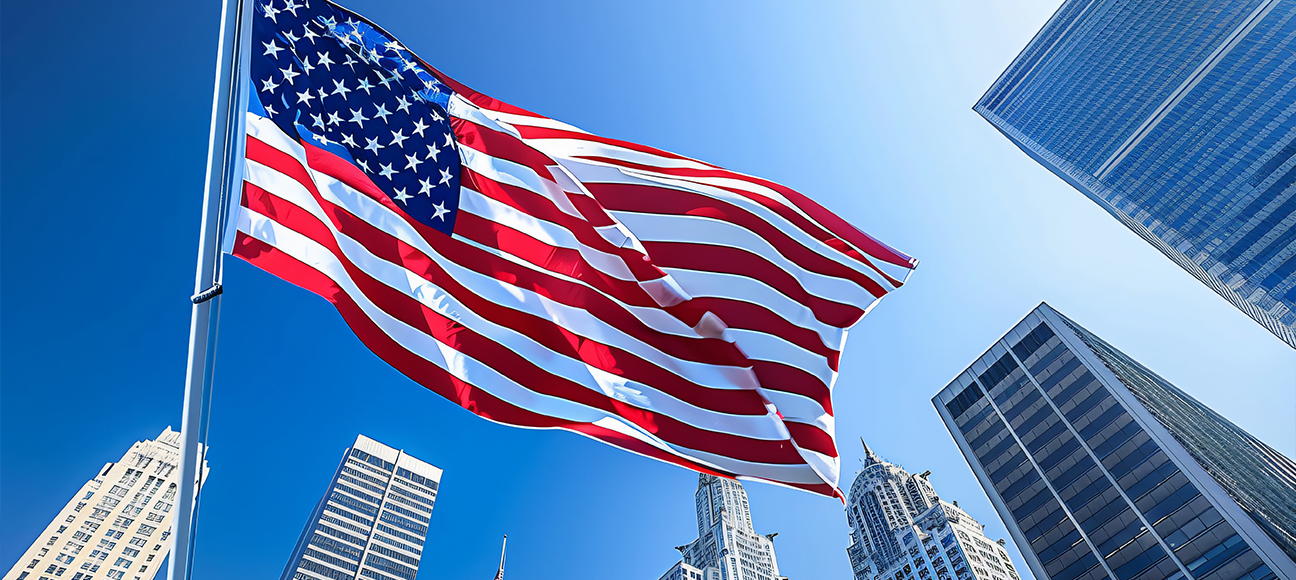
US Study Abroad Programmes in Limbo as State Department Takes Over
The landscape of US international education is undergoing a seismic shift. In a move that has both relieved and…
By Kai

Green Light for Education Overhaul: Aussie Bill Edges Closer to Law
The wheels of Australian parliament are turning once again on a critical piece of legislation, as a key Senate…
By Siya

London’s Business Elite Back Global Graduates as Vital to UK Success
A recent survey has delivered a resounding message from London’s business leaders: international graduates…
By Ezra

Canada’s Big Squeeze: What the Budget Means for Global Students
The Canadian government has sent a clear message with its 2025 federal budget: the welcome mat for new…
By Henry

Enrolments Fall in North America as Students Turn to Asia and Europe
North America — particularly the U.S. and Canada — is experiencing a noticeable decline in international student enrolment…
By Advay

China and Japan Release Safety Alerts for Students Amid Growing Tensions
China and Japan have both issued fresh safety advisories for their students studying abroad, reflecting increasing…
By Aahana

Australia Issues a Tough Warning Over Student Visa Integrity Threats
The Department of Home Affairs (DHA) in Australia has raised the alarm about growing risks to the integrity of the…
By Henry

International Enrolments at UK Business Schools Show Signs of Recovery
International student numbers at UK business schools are slowly bouncing back after a challenging few years…
By Ezra

UK Business Schools See Promising Turnaround in Overseas Student Intake
The landscape for UK business schools is showing welcome signs of improvement in international student…
By Daniel

New Zealand Raises Work-Hour Cap for International Students — and Issues Exploitation Warning
From 3 November 2025, eligible international students in New Zealand will be allowed to work up to 25 hours per week…
By Siya

Germany’s Skills Hunt: Top High-Demand Jobs for Global Talent
Germany is fast becoming the go-to destination for skilled professionals from around the world, especially as other popular…
By Jace

Russian Boost for Indian Students: 300 Scholarships on Offer
Indian students dreaming of a world-class education with a touch of adventure have just been handed a fantastic…
By Neerav

IELTS ‘Technical Glitch’ Sparks Global Score Chaos and Apology
The International English Language Testing System (IELTS) has issued a significant apology following the discovery of…
By Vaidant

CBSE Draft Curriculum Proposes Widespread Integration of Computational Thinking and AI
The Central Board of Secondary Education (CBSE) has prepared a progressive draft curriculum aimed at…
By Jace

Malta Sees 27% Surge in International Higher Education Students
Malta is emerging as a significant player in the global education market, with new statistics confirming a dramatic surge in…
By Daniel

‘Wretched’ International Fee Levy Threatens UK Universities, Warns UUK Boss
The head of Universities UK (UUK), Vivienne Stern, has launched a fierce attack on the government’s idea to introduce a levy…
By Advay

Trump Defends Foreign Students, Citing Economic Impact on US Colleges
President Donald Trump recently defended the presence of international students in U.S. universities, pushing…
By Aahana

Germany Emerging as the Next Hotspot for Indian Medical Aspirants
With low to no tuition fees, EU recognition, and rising doctor demands in Germany, the nation is…
By Kai
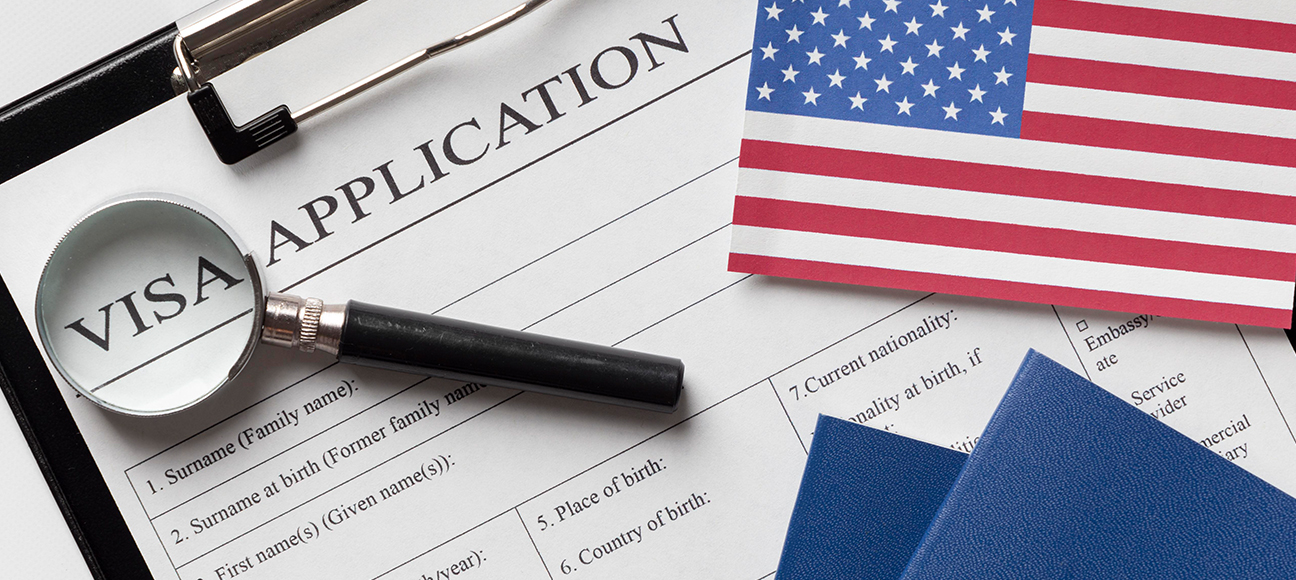
US Revokes 8,000 Student Visas in Broad Immigration Crackdown
The Trump administration has confirmed the revocation of more than 8,000 US student visas since…
By Ezra

New ‘Student-centred’ Award to Redefine UK-India Education Agent Recognition
The prestigious India-UK Achievers Honours, a flagship initiative of the National Indian Students & Alumni Union…
By Neerav

Australia Introduces New Student Visa Rule: Processing Times Now Linked to University Compliance
The Australian government has announced a significant policy shift in its management of the international education…
By Henry

CBSE Set to Launch Global Curriculum in UAE and Other Nations from April 2026
The Central Board of Secondary Education (CBSE) is taking a significant leap toward internationalisation by announcing the…
By Henry

New Zealand Expands Student Visa Working Hours in Recent Policy Change
Breaking! New Zealand expands its student visa working hours, allowing students to work 25 hours…
By Jace

Study and Work Abroad Becomes Tougher Due to Strict Rules
The study and work abroad dynamics are shifting in the opposite direction. While every student planning to…
By Ezra

Study in Portugal- An Affordable Option for International Students
In recent times, Portugal is slowly becoming the new favourite study abroad destination amongst Indian students due to…
By Vaidant

Top 5 Future-ready Courses to Study Abroad
The realm of education is changing rapidly around the world. There has been a clear shift from in students’ perspective about…
By Henry

MBBS Abroad Trends Shift from Ukraine to Georgia for Indian Students
Georgia emerges as the new favourite study abroad destination for medical students over taking Ukraine…
By Advay

South Korea Surpasses 300,000 International Enrolments Nearly Two Years Early
South Korea has achieved a major milestone by surpassing 300,000 international student…
By Ezra
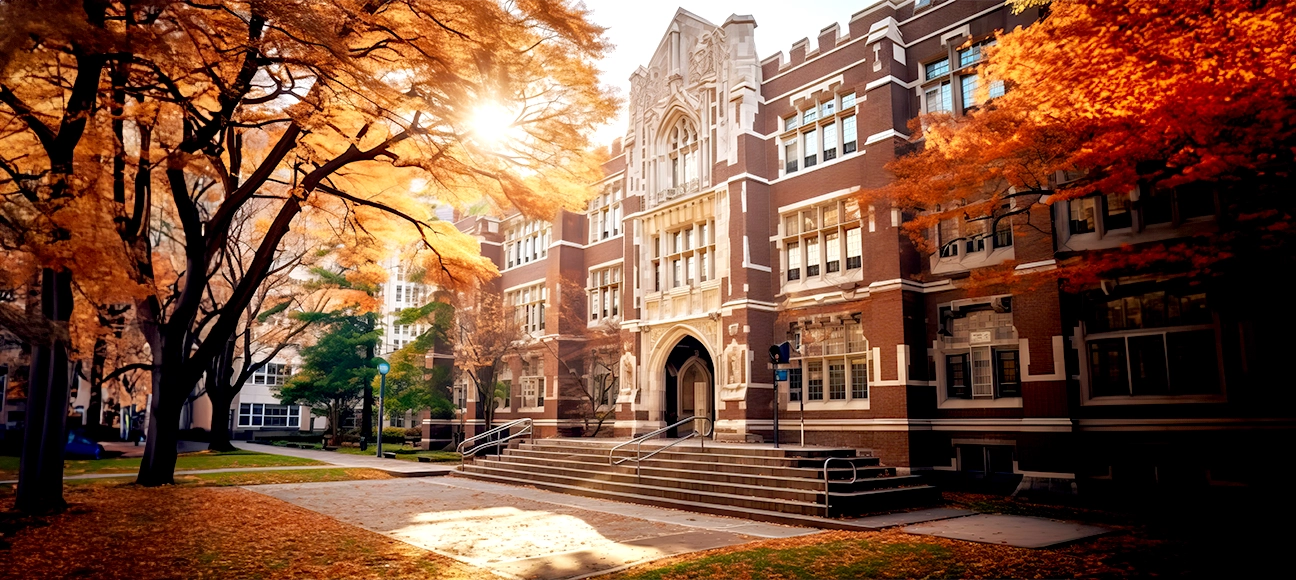
Universities Warn: “We Can’t Leave Education to Political Leaders”
Universities across the world are urging greater unity as international education becomes increasingly…
By Jace
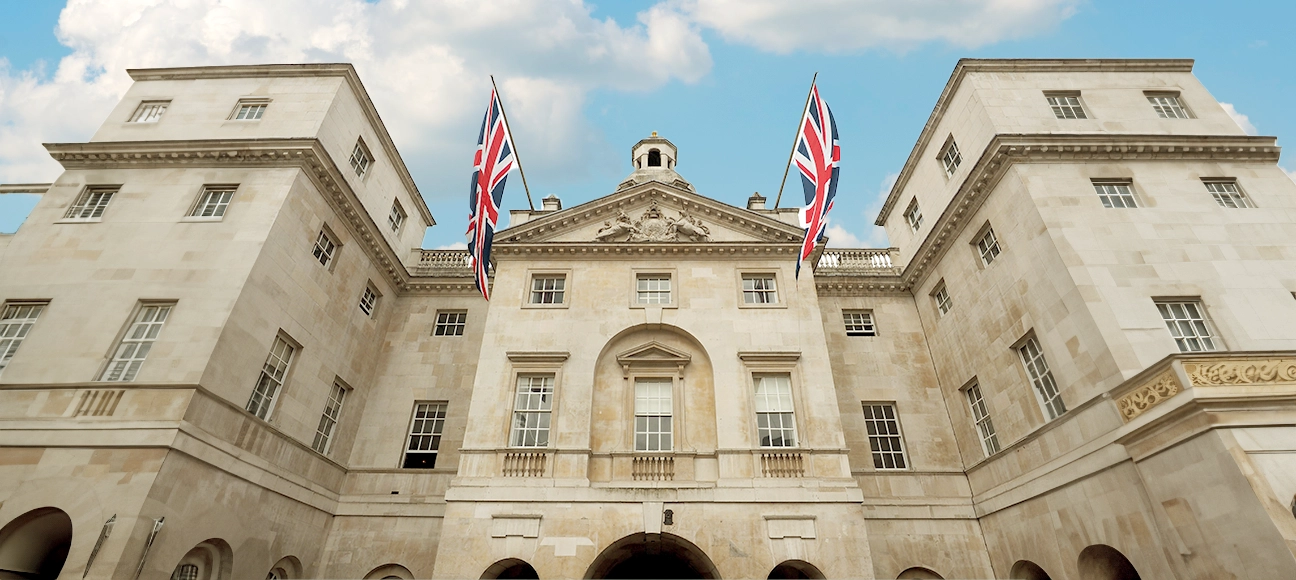
CAS Issuances Rise 8% as UK Universities See First Major Recruitment Rebound in Two Years
International student recruitment is showing clear signs of revival in the United Kingdom, with…
By Daniel

US Considers Ending OPT Tax Exemption for International Students
The US is once again placing its post-study work routes under scrutiny as new legislation proposes ending long-standing tax…
By Henry
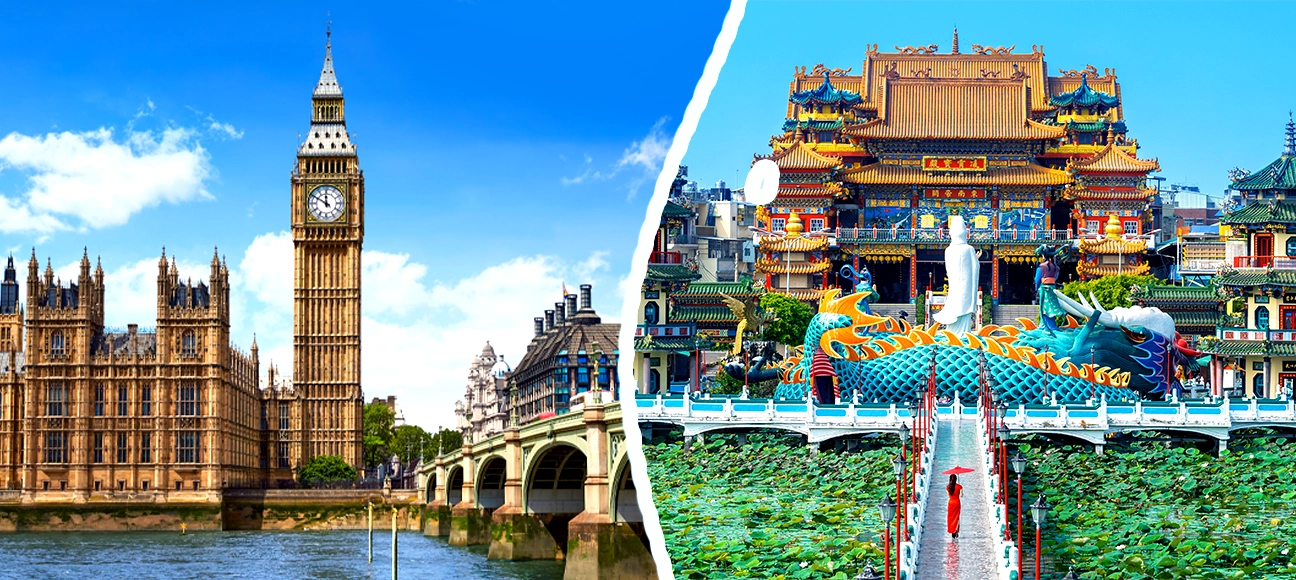
UK and Vietnam Strengthen Education Ties Through New Strategic Partnership
The UK and Vietnam have elevated their bilateral relationship to a comprehensive strategic…
By Kai

Australian MPs Defend Education Integrity Reforms as New Bill Advances
Australia is moving closer to implementing major reforms to strengthen the integrity of its international education…
By Siya

University of East London and NISAU partner to boost Indian student success in the UK
The University of East London (UEL) has announced a new partnership with the National Indian Students…
By Ezra
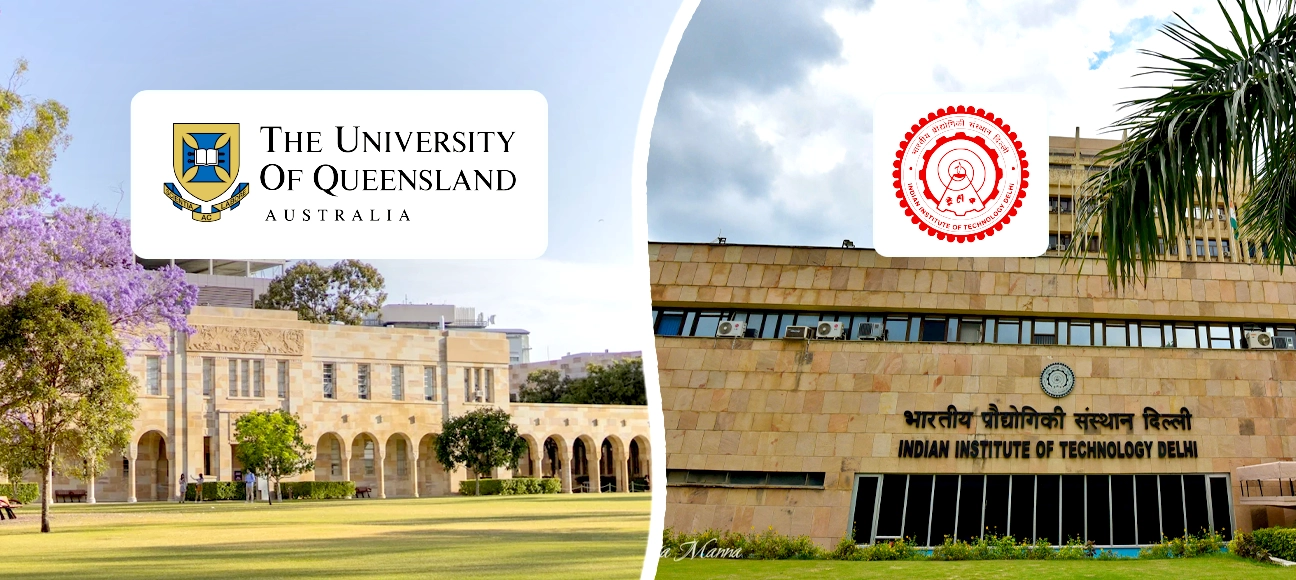
University of Queensland and IIT Delhi Open Applications for Joint PhD Programme 2026
The University of Queensland (UQ), Australia, and the Indian Institute of Technology Delhi (IIT Delhi) have…
By Henry
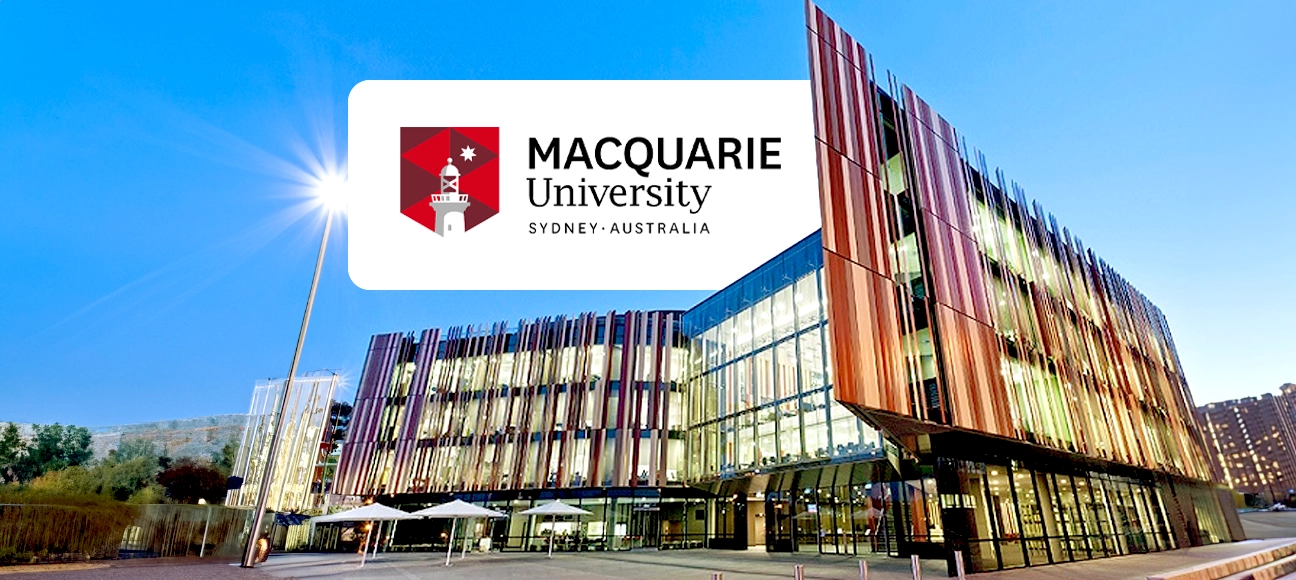
Macquarie University Launches ₹28.5 Lakh Scholarship Programme for Indian Students
Macquarie University in Australia has unveiled a new scholarship programme worth approximately ₹28.5 lakh to support…
By Daniel
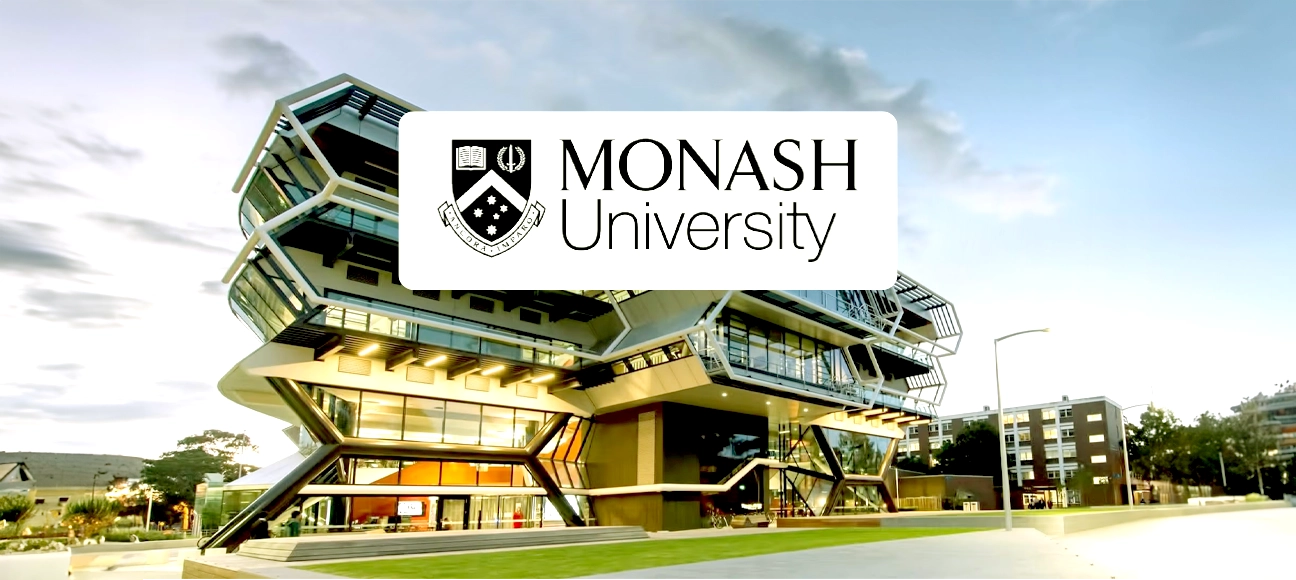
Monash University to Open New Malaysia Campus by 2032
Monash University has announced a major expansion in Malaysia, confirming plans to open a second state-of-the-art campus…
By Jace

Global MBA Demand Shifts to Asia as Interest Declines in Western Countries
Global demand for MBA and business master’s programmes is shifting decisively towards Asia, even as…
By Kai

Japan Eyes Indian Talent to Tackle Ageing Workforce, But Cultural Gap Persists
Japan is turning to India to bridge its growing labour shortage as the country grapples with…
By Neerav
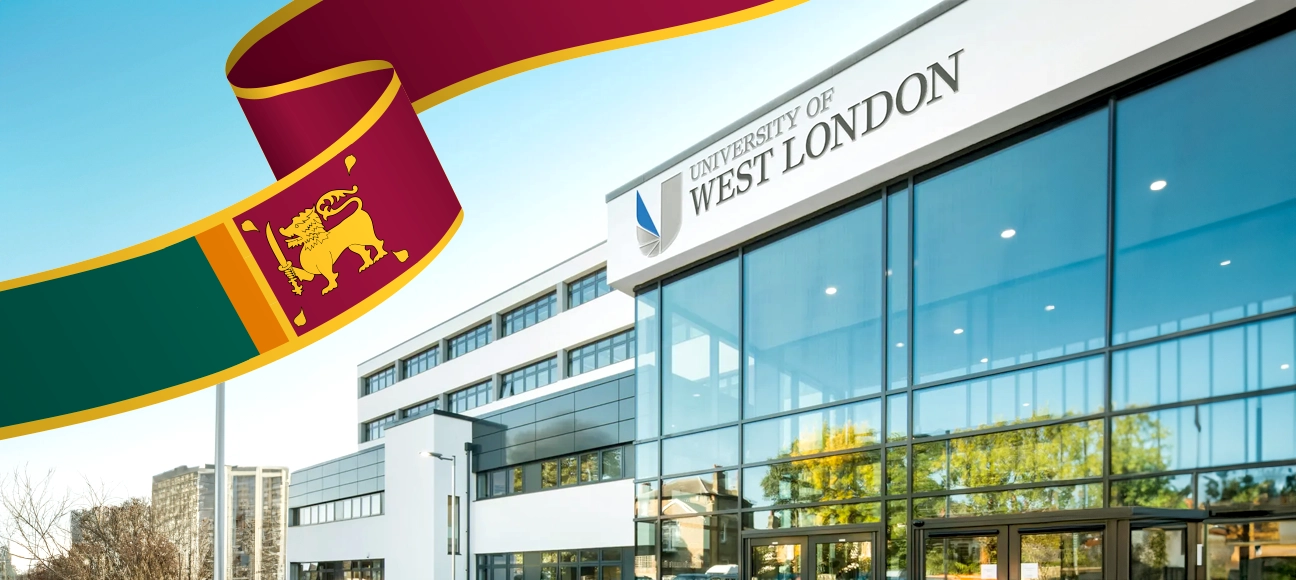
Sri Lanka to Host First-Ever UK University Campus as UWL Expands Global Footprint
Sri Lanka is set to welcome its first-ever UK university campus, with the University of West London (UWL) announcing…
By Ezra

Canada’s Study Permits Drop 60% Amid Immigration Policy Overhaul
Canada has recorded a dramatic 60% decline in international student arrivals during the first half of 2025, marking one…
By Siya
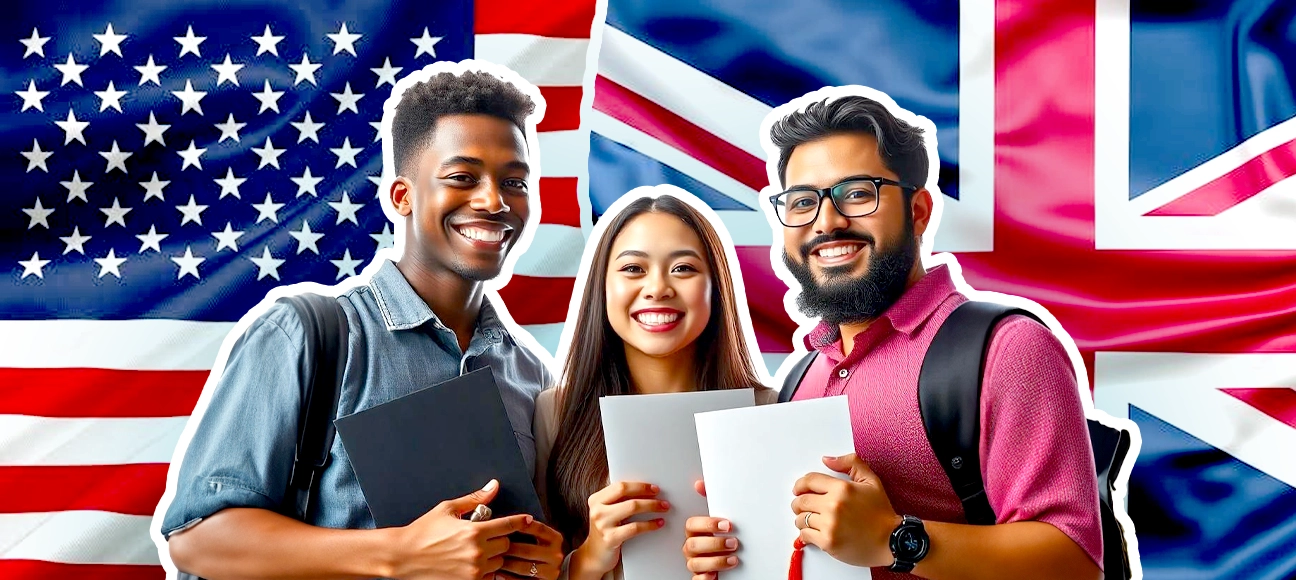
Policy Uncertainty Emerges as Major Barrier to Global Student Mobility
A new global survey by IDP Education has revealed that sudden and unclear policy changes are…
By Advay
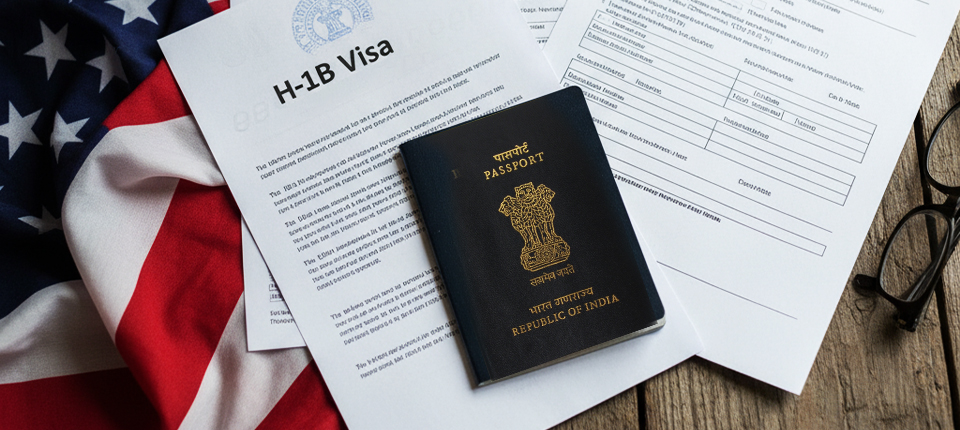
US Clarifies $100,000 H-1B Visa Fee Rules: Relief for Existing Workers
The United States has issued fresh clarification on the controversial $100,000 H-1B visa fee, easing confusion…
By Kai
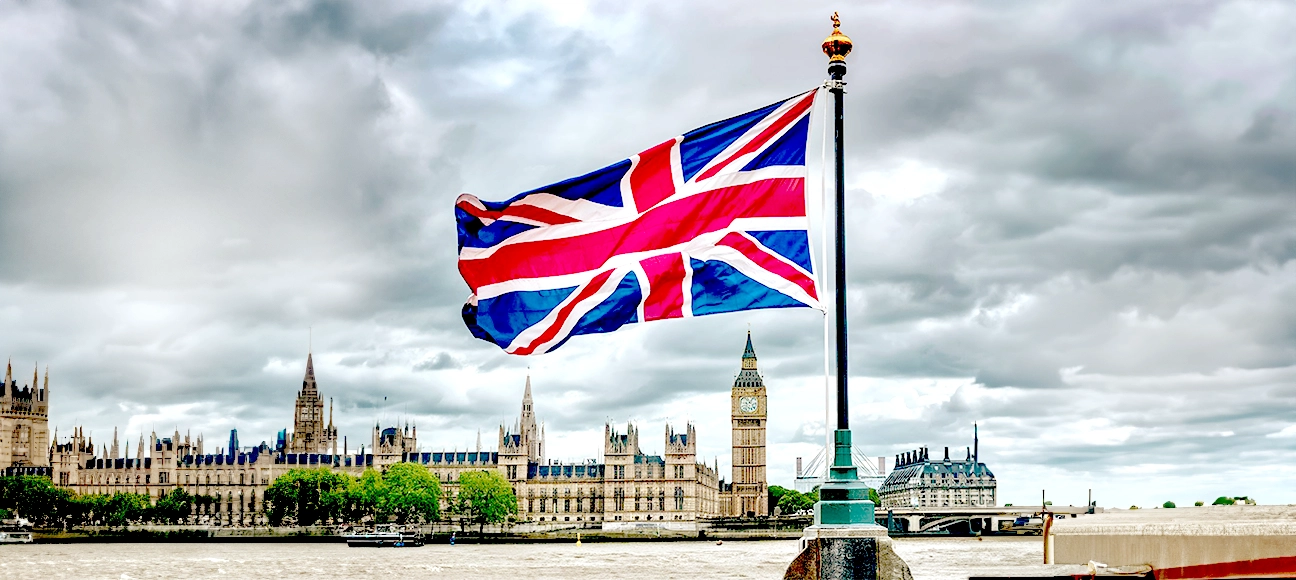
UK Cracks Down on Recruitment and Low-Quality Courses Under New Education Reforms
The United Kingdom is tightening its post-secondary education and skills training framework with…
By Aahana

India’s Study Abroad Remittances Hit Eight-Year Low Amid Global Uncertainty
Study abroad remittances from India have plunged to their lowest level in eight years, according to new data from the…
By Vaidant
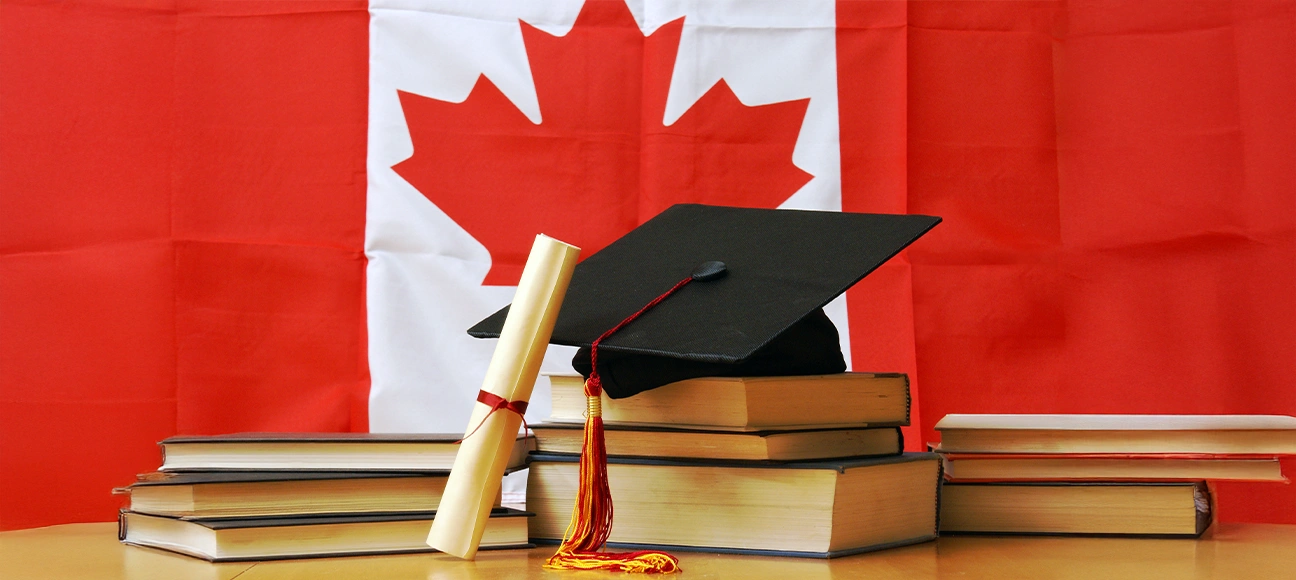
Canada’s ‘Edugration’ Model Faces Growing Scrutiny Amid Calls for Reform
Canada’s long-standing “edugration” model; the fusion of education and immigration policy has come under sharp scrutiny as…
By Siya
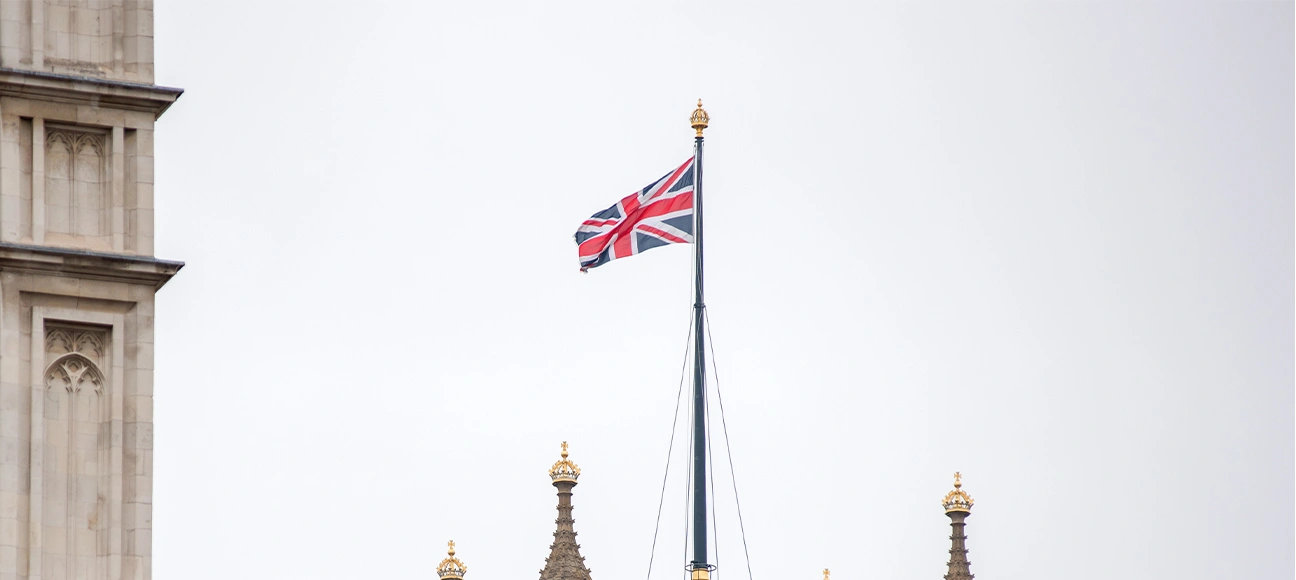
Universities Urge Swift UK Return to Erasmus Scheme
Universities across the United Kingdom and Europe are urging the government to finalise a deal for the UK’s swift…
By Ezra

Europe’s New Digital Border System: What Indian Travellers Need to Know
Europe is introducing a major digital upgrade to its border control process. Starting 12 October 2025, the…
By Daniel
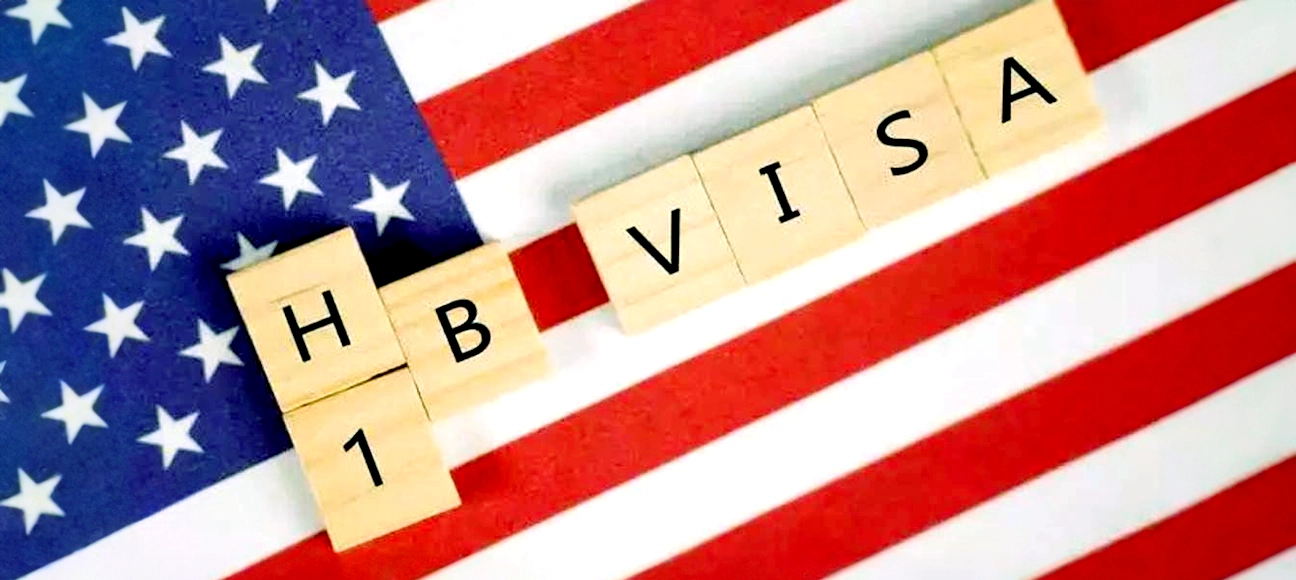
Record Indian Student Enrolment at USC Despite H-1B Concerns, Says Dean
Despite ongoing visa challenges and new H-1B fees under the Donald Trump administration, the…
By Aahana

South Korea Introduces K-STAR Visa to Attract Global STEM Talent
South Korea has unveiled a new visa pathway designed to attract top global talent in…
By Kai
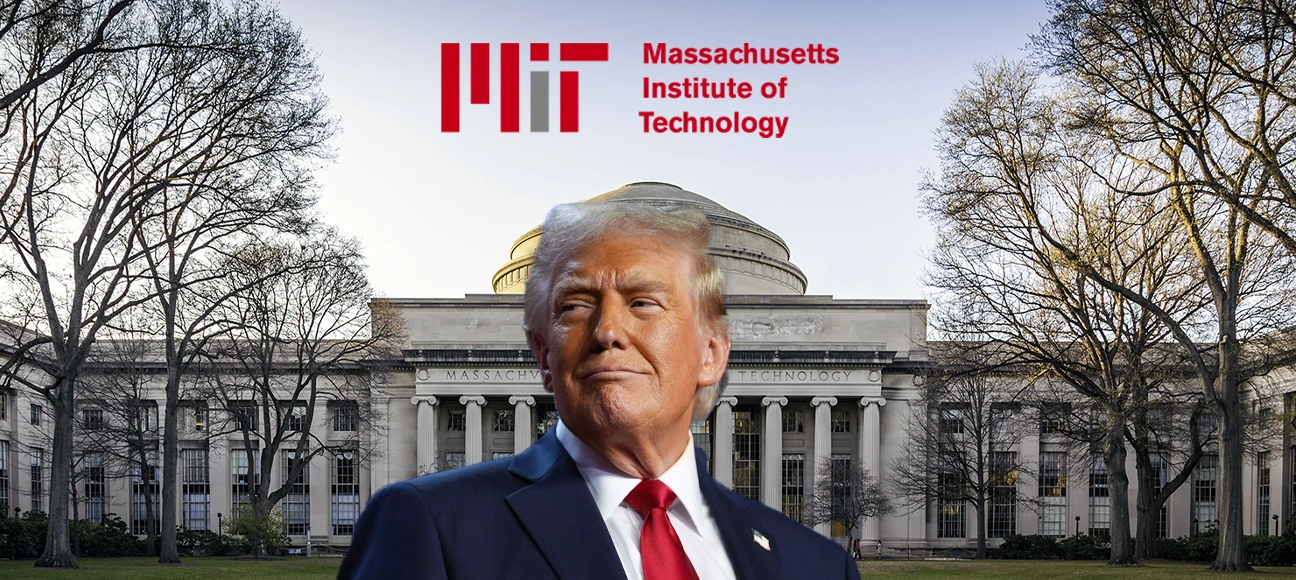
MIT Rejects Trump’s Preferential Funding Offer, Citing Academic Freedom
The Massachusetts Institute of Technology (MIT) has become the first American university to reject Donald Trump’s proposed…
By Advay
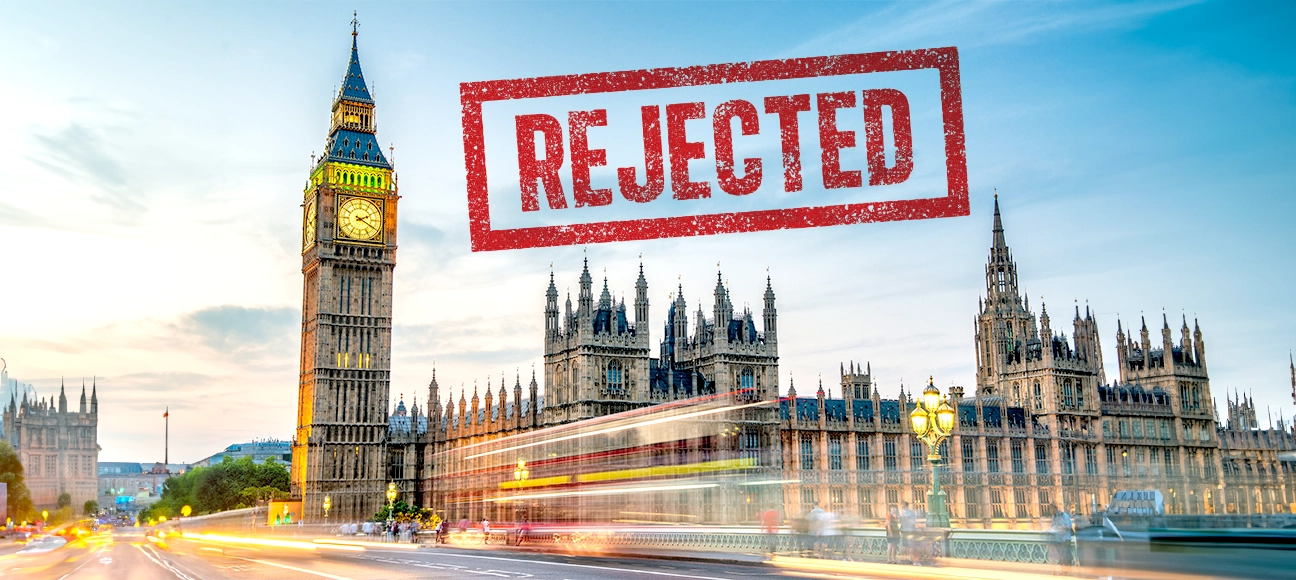
Wales Rejects UK International Student Levy, Reaffirms Commitment to Global Students
Wales has confirmed it will not adopt the UK government’s controversial international student levy, signalling a…
By Vaidant
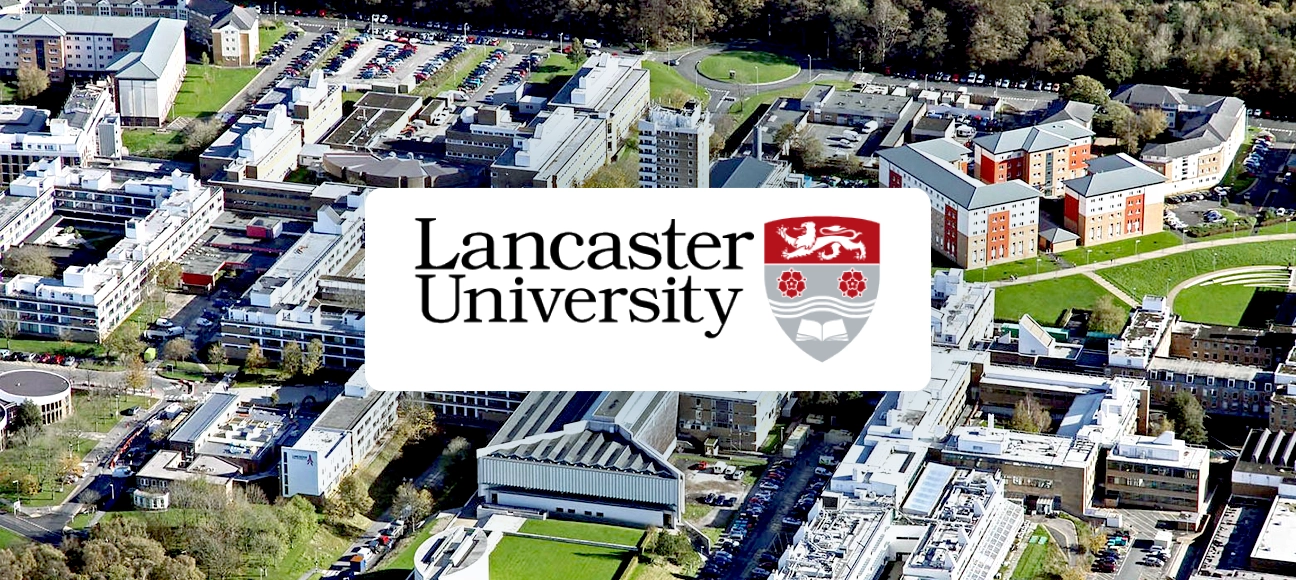
Lancaster University Expands to India with New Bengaluru Campus
Lancaster University has announced plans to establish a new campus in Bengaluru, India, joining a…
By Henry
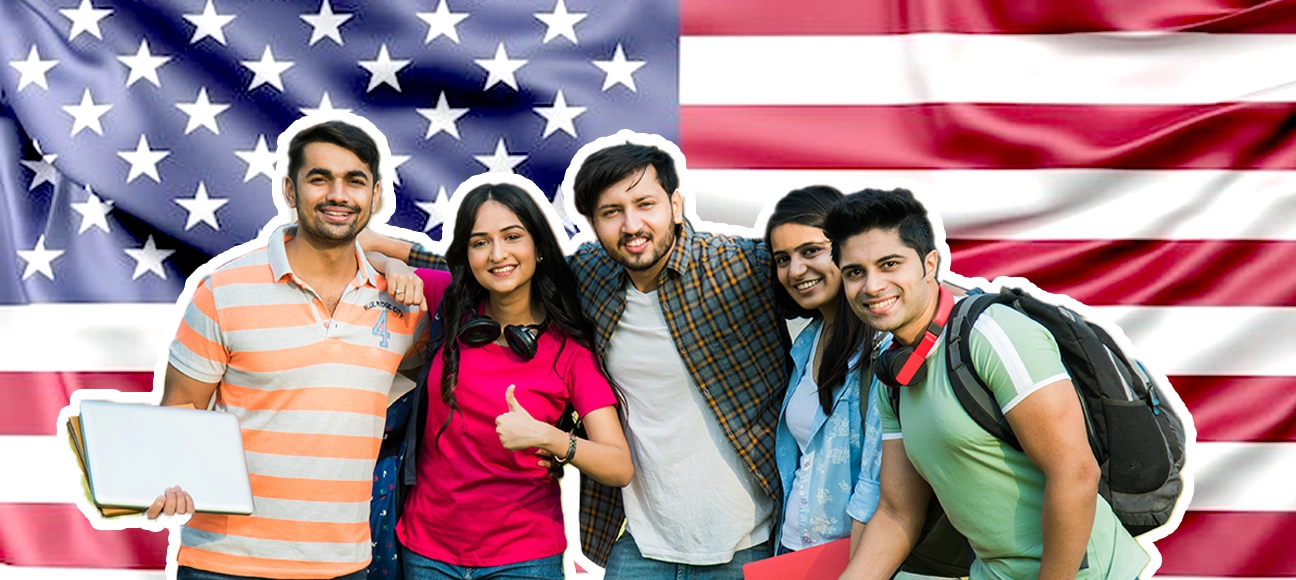
International Student Arrivals to the US Drop 19%, India Sees Sharpest Decline
International student arrivals to the United States fell by 19% this August, marking the steepest annual drop…
By Siya
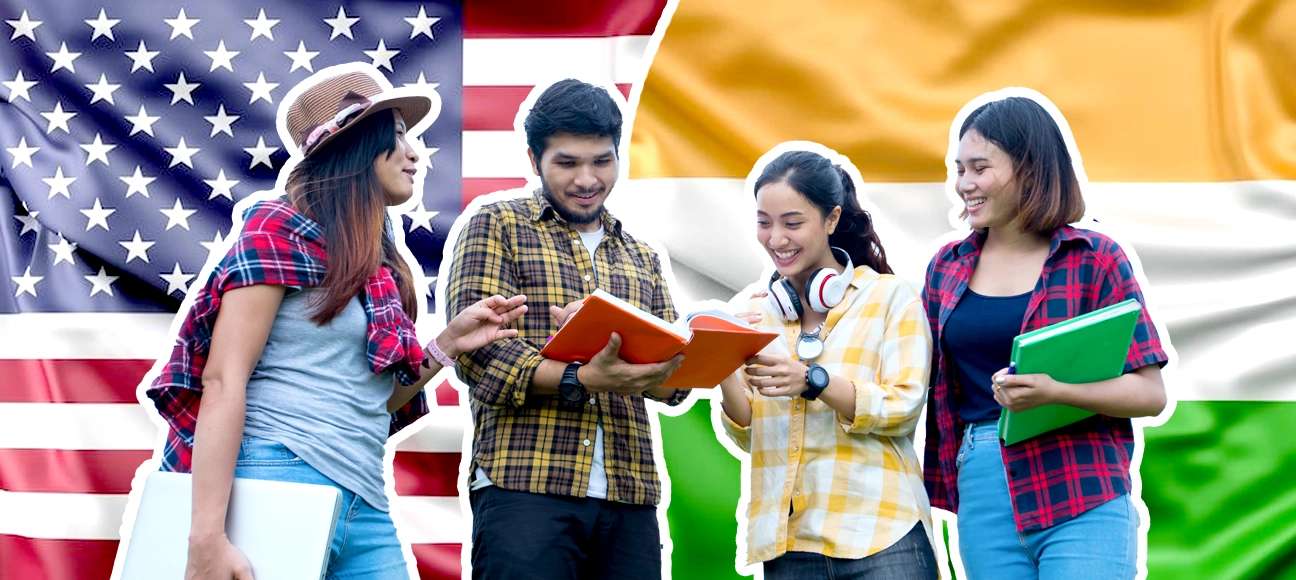
Academic Freedom Shrinks in the US and India, New Report Warns
Academic freedom in the United States and India is facing an alarming decline, according to the Free to Think 2025…
By Vaidant
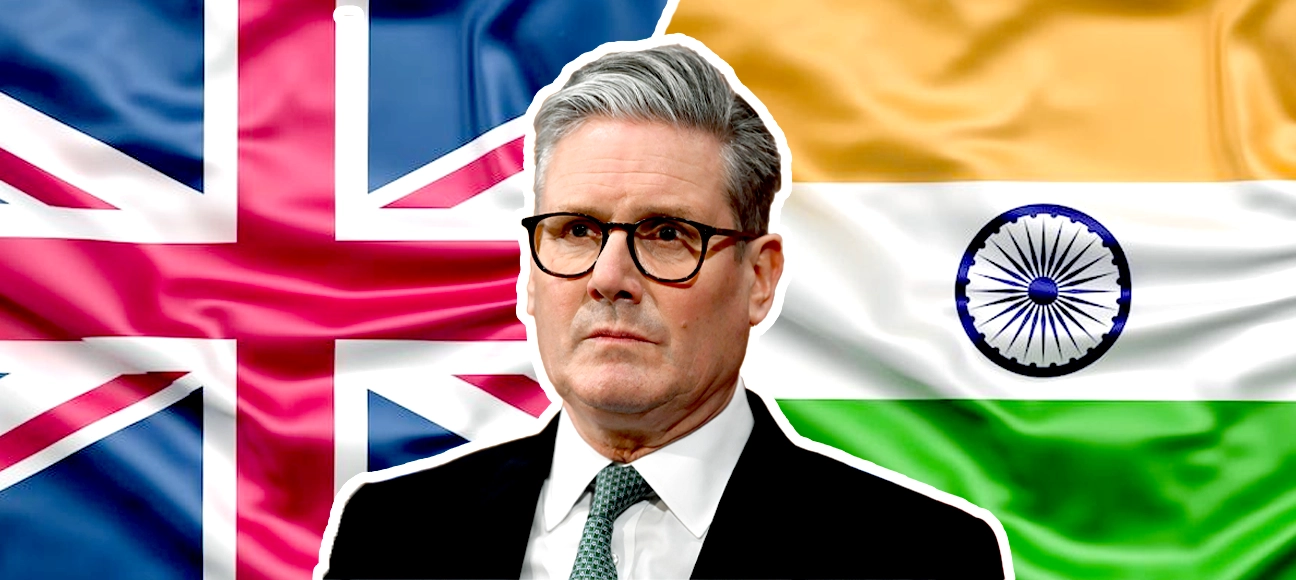
Starmer Rules Out Visa Changes, Highlights UK University Opportunities in India
UK Prime Minister Keir Starmer has ruled out introducing new visa routes for Indian students and…
By Kai

France Launches Lafayette Fellowship to Attract American Students
France has announced the launch of the Lafayette Fellowship, an exclusive new programme designed to attract top…
By Ezra
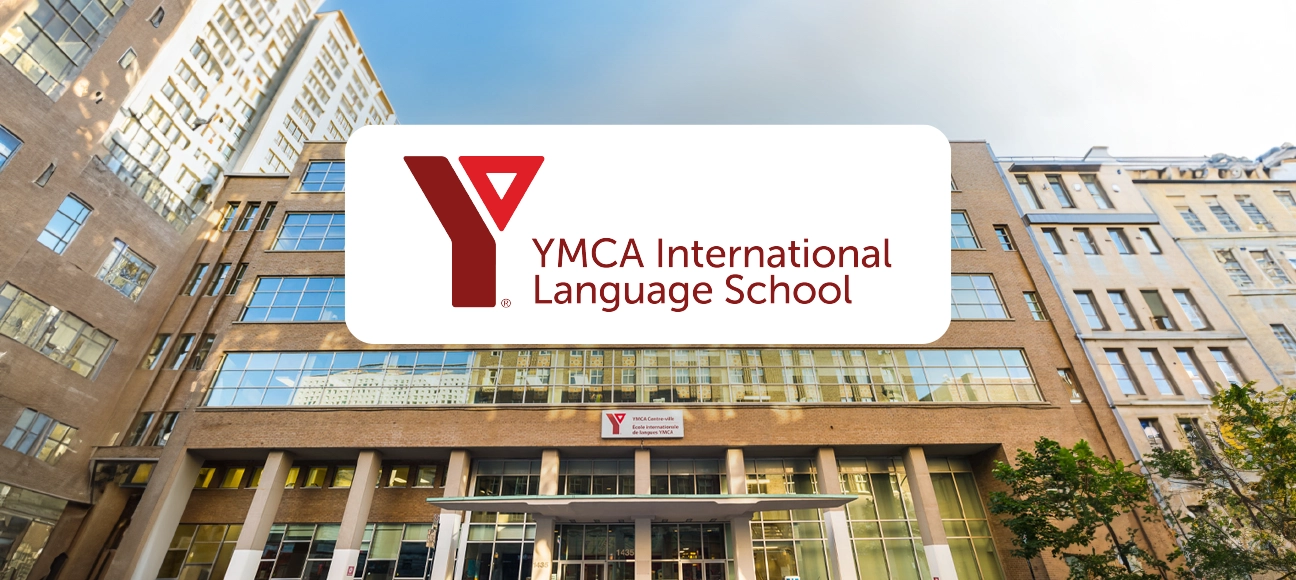
Montreal’s Historic YMCA International Language School to Close Amid Policy Turmoil
The YMCA International Language School in Montreal, a fixture in Canada’s language education sector for…
By Daniel
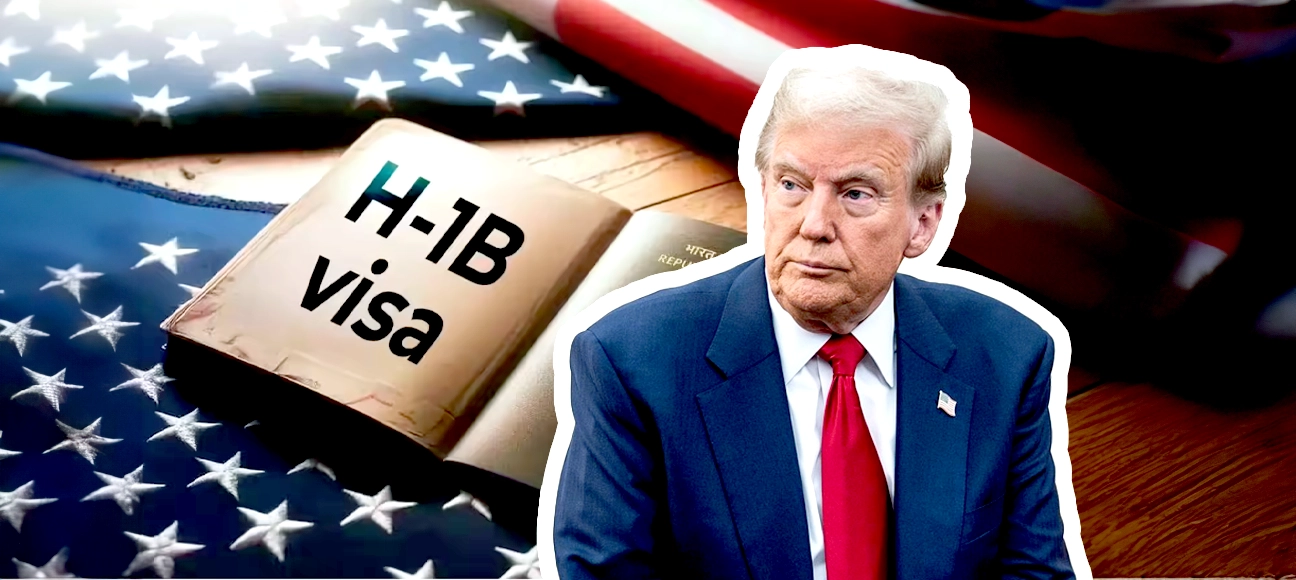
Lawsuit Challenges Trump’s $100,000 H-1B Visa Fee Hike
A coalition of US labour unions, universities, healthcare providers and visa holders has launched the first…
By Advay
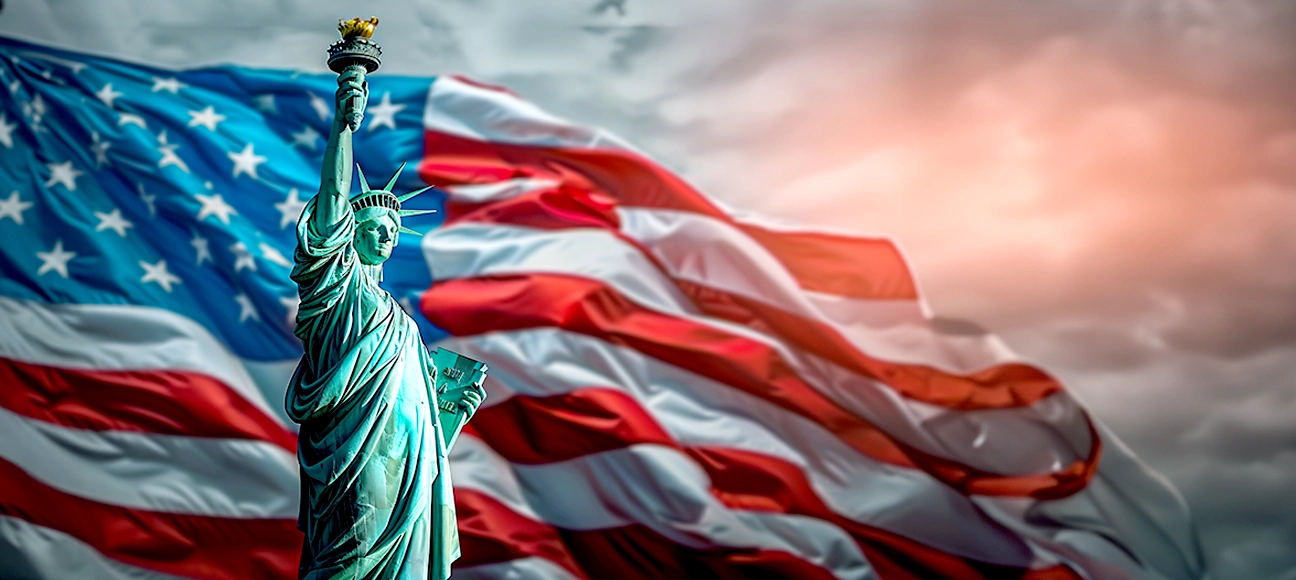
US Senator Demands End to OPT Amid Jobs and Espionage Concerns
A senior United States senator has urged the government to halt work authorisations for…
By Jace
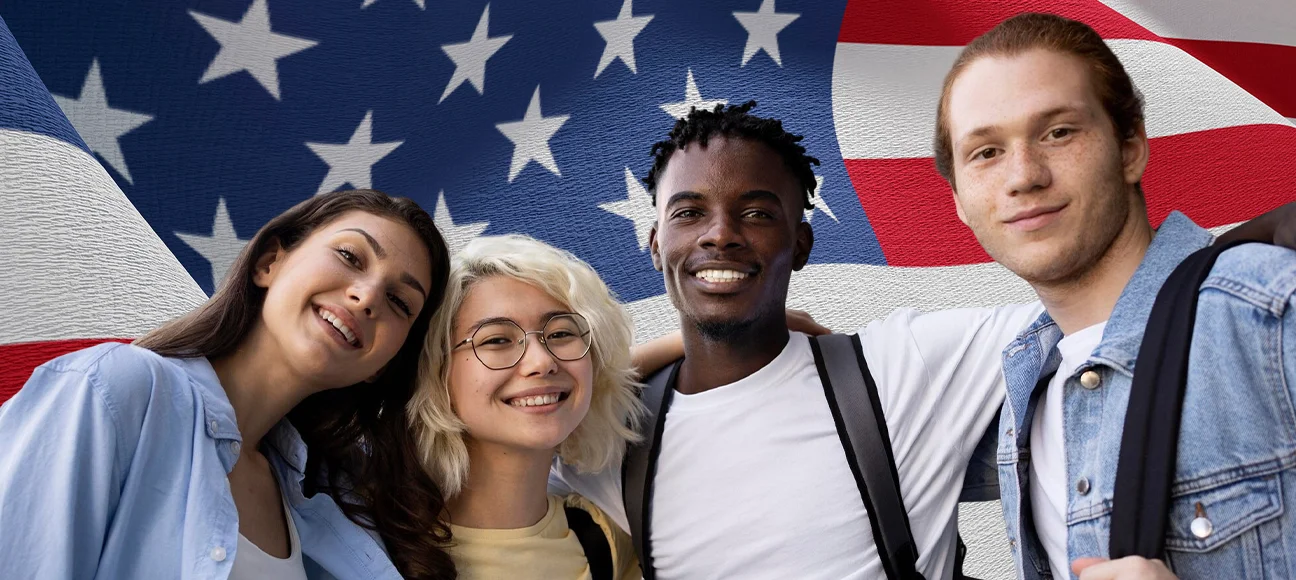
Trump’s 15% Cap on International Students Sparks Alarm in US Universities
The United States is bracing for a major shift in higher education as the Donald Trump administration…
By Advay
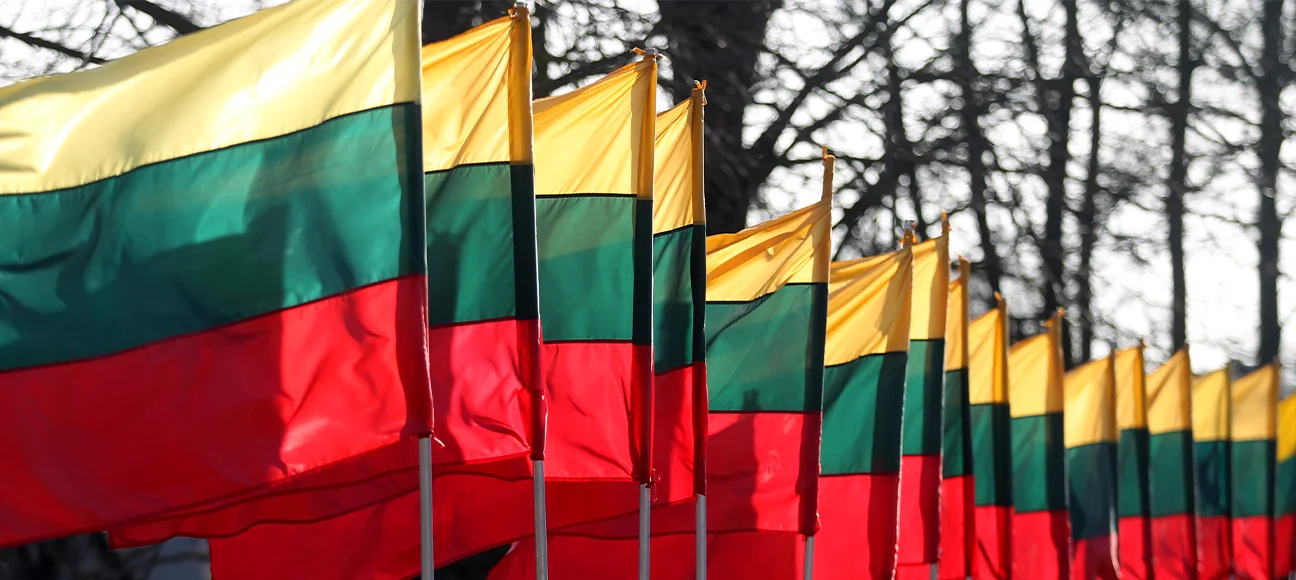
Lithuania Moves to Tighten Rules on International Students
Lithuania is preparing new restrictions on international students following concerns that some have been…
By Aahana
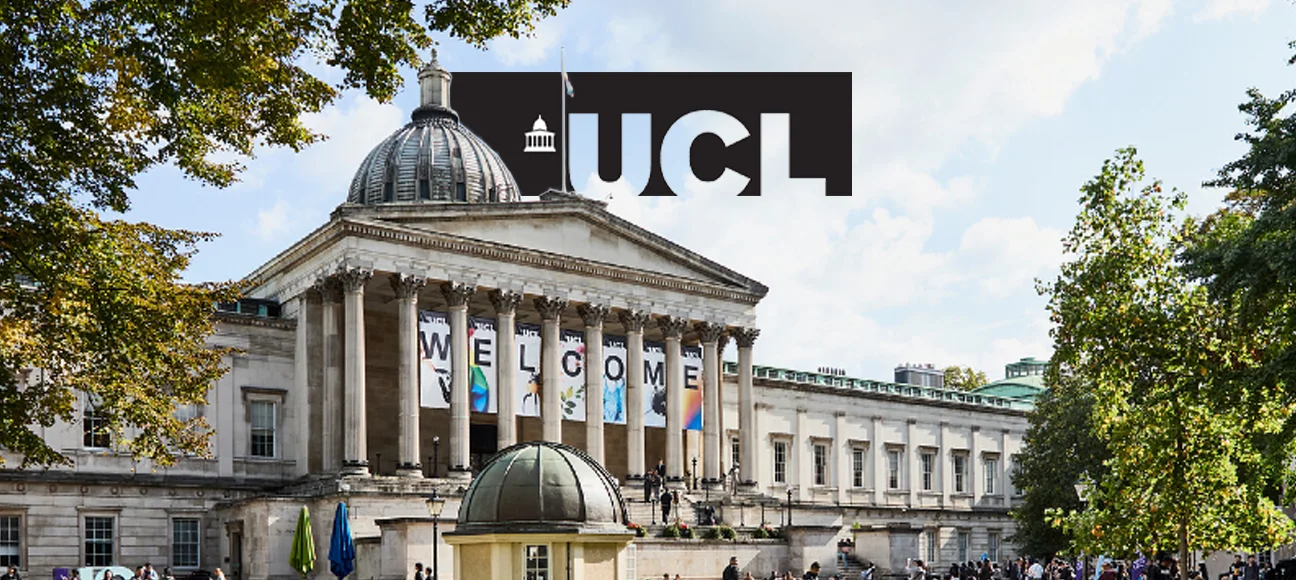
UCL Granted Extra CAS Numbers After Allocation Exceeded
University College London (UCL) has been granted additional Confirmation of Acceptance for Studies (CAS) allocations…
By Henry

Canada’s PGWP Decline Threatens Workforce Amid Global Talent Shifts
Canada’s labour market is bracing for intensified shortages as post-graduation work permit (PGWP) approvals are…
By Kai

Phased Rollout of New UK BCA Thresholds Confirmed Amid Immigration Crackdown
UK universities have been told to prepare for a “phased implementation” of new Basic Compliance Assessment (BCA)…
By Neerav

UK Overtakes US as Top Destination for Business Education
The United States has lost its long-held crown as the leading destination for business education, with the United Kingdom…
By Henry
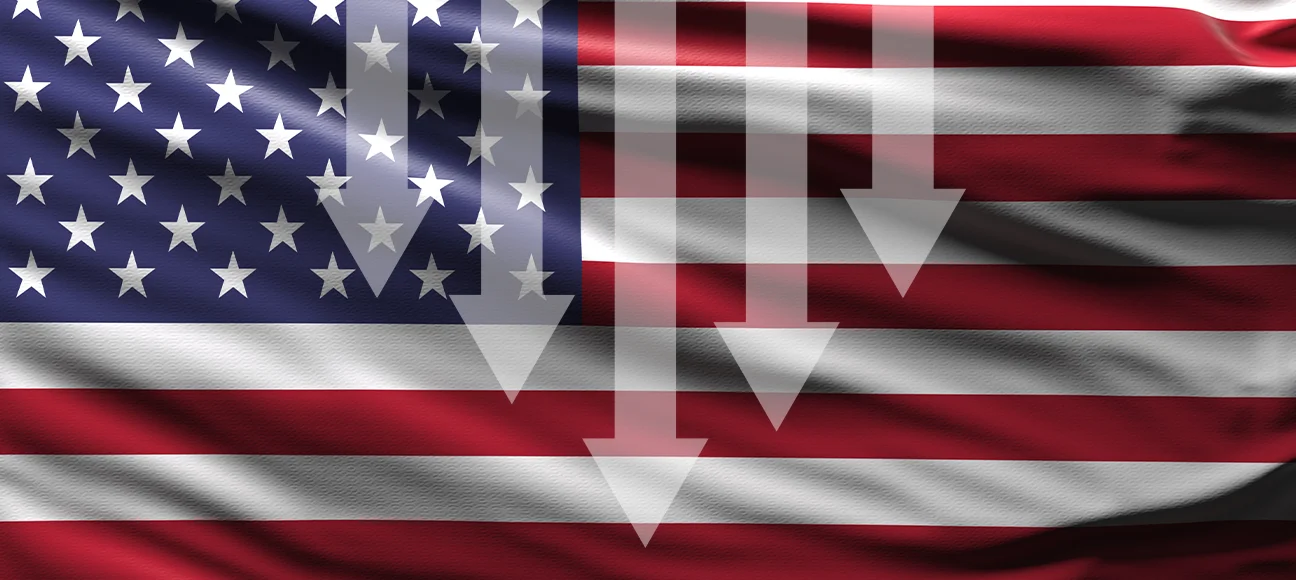
Global Demand for US Master’s Degrees Falls by 60% Amid Policy Uncertainty
International student demand for US master’s degrees has plummeted by 61% in 2025, raising concerns about the…
By Vaidant
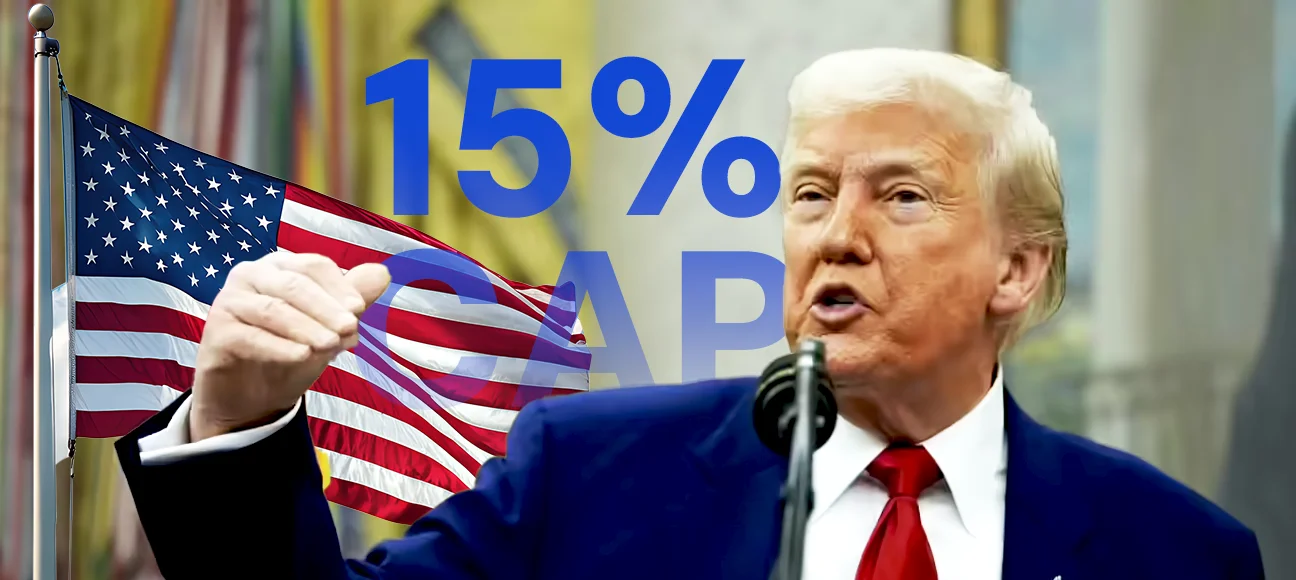
US Proposes 15% Cap on International Student Enrolments
The United States government has proposed a sweeping new compact that could dramatically reshape international student…
By Aahana

Canada ‘No Longer Competitive’ in Global Talent Race, Warns CBIE
Canada is losing its competitive edge in attracting international students due to a string of federal…
By Daniel
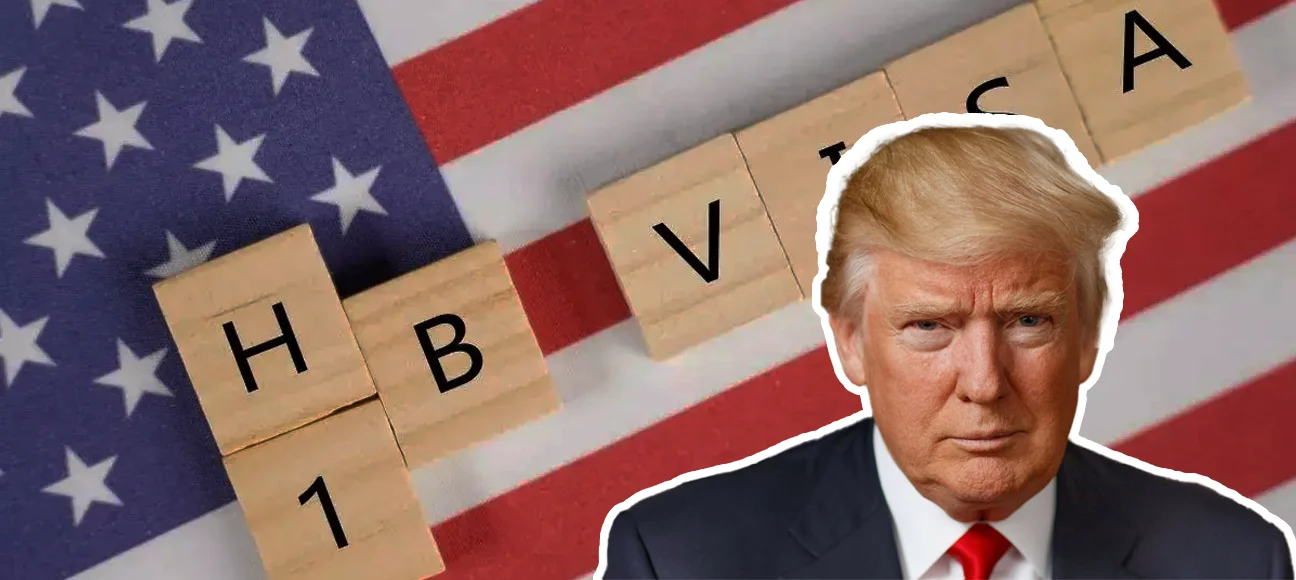
Trump Proposes H-1B Visa Overhaul Favouring Higher Paid Workers
The United States is set for a major shake-up of its H-1B visa programme, with the Trump administration proposing a new…
By Ezra

Report Warns UK International Fee Levy Could Slash Student Enrolments by 77,000
The United Kingdom’s higher education sector could face a severe blow if the government proceeds with plans to…
By Advay

UKVI Reportedly Stops International Students at Airports for Extra Checks
International students travelling to the United Kingdom are reportedly being stopped by UK Visas and Immigration (UKVI) officials…
By Henry
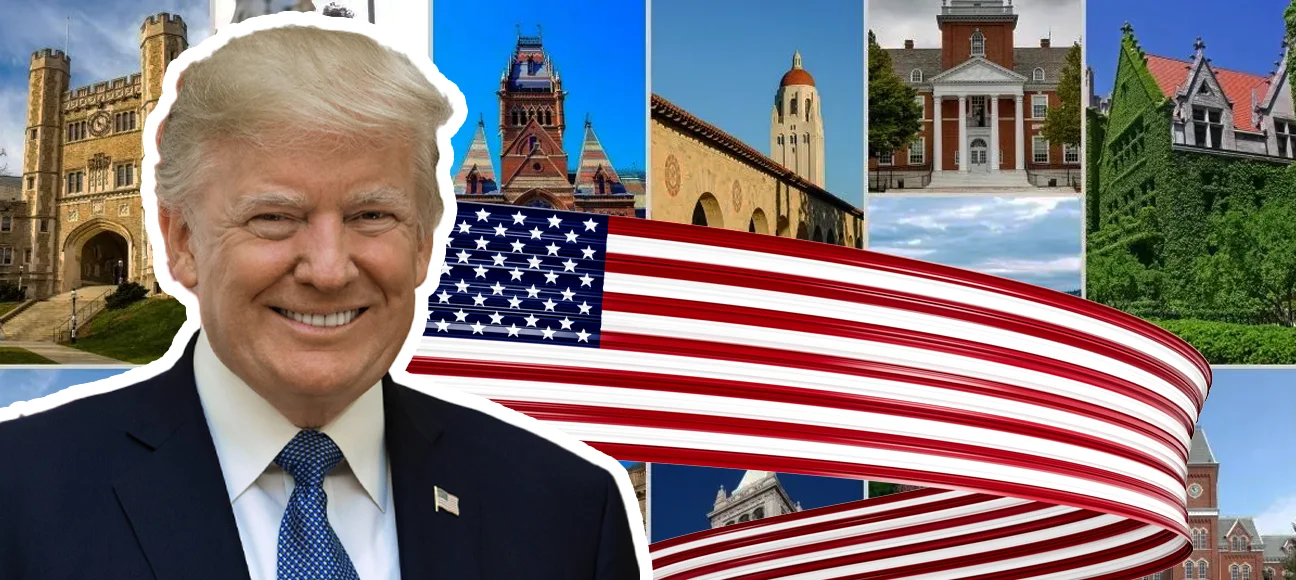
US College Leaders Express Growing Concern Over Trump Administration
Nearly three-quarters of US college leaders have expressed extreme concern over the Trump…
By Ezra
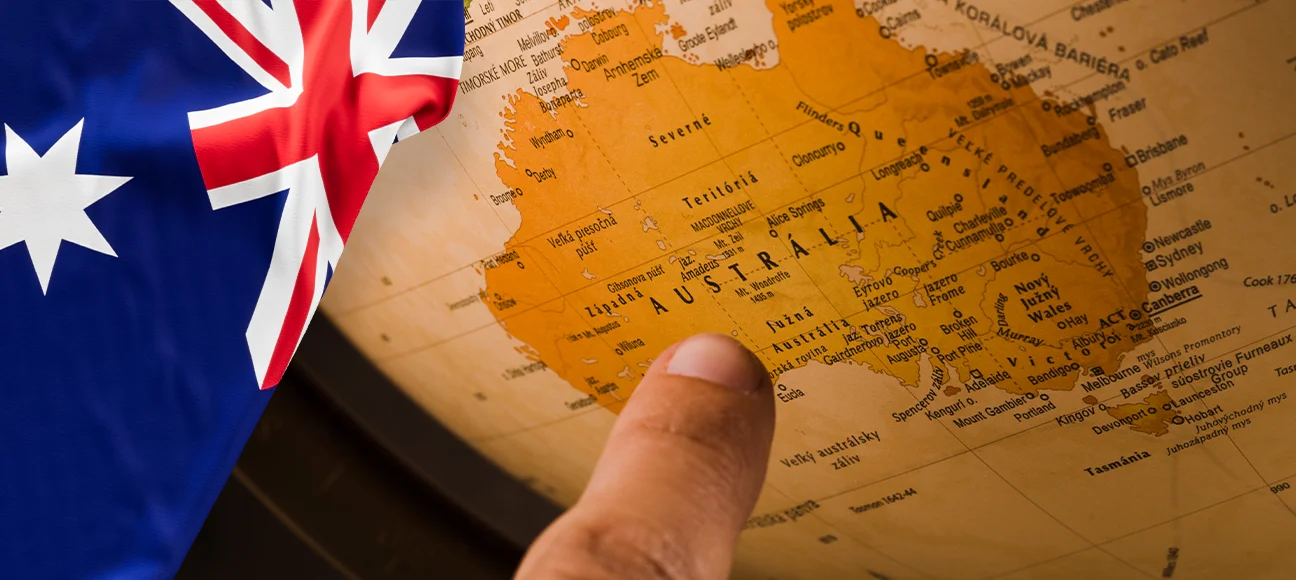
Australia Faces Decline in Student Commencements but 2025 Target Remains Within Reach
Australia’s international education sector has recorded a notable fall in new student…
By Siya
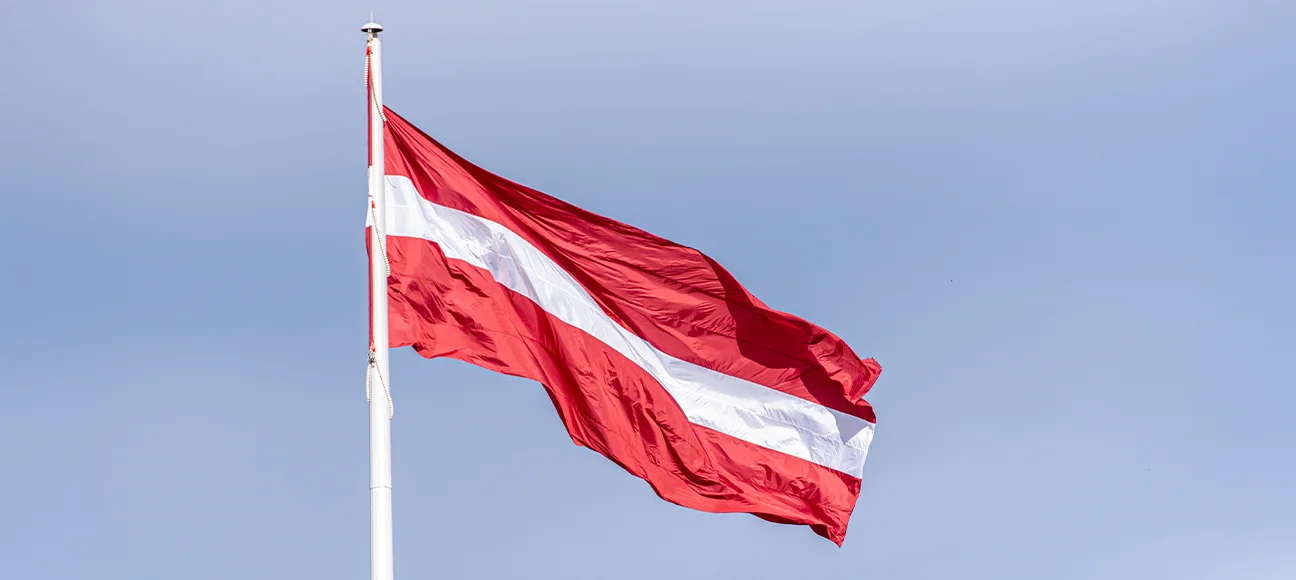
Austria Strengthens Education Ties with India Through STEM Initiatives
Austria has announced a major expansion of its higher education collaboration with India, launching new STEM-focused…
By Ezra